Golden Rule: Post about others as you would want them to post about you. When in doubt, don’t post, or ask permission first. Your social media presence affects not just you, but everyone in your network.
Social media posting can make or break relationships. Here’s how to share responsibly:
Basic Photo Etiquette Rules
Always Ask Permission For
- Close-up photos: Any photo where someone is clearly identifiable
- Group photos: Even in public, people may not want to be posted
- Private moments: Conversations, quiet interactions, personal spaces
- Professional events: Business networking, corporate functions
- Cultural/religious events: Respect traditions and privacy preferences
Generally Safe to Post
- Crowd shots: Wide venue shots where individuals aren’t identifiable
- Food and decor: Event setup, decorations, catering displays
- Performers on stage: Public performances where photography is allowed
- Your own selfies: Just you, no one else in frame
- Public event signage: Event banners, promotional materials
Venue-Specific Guidelines
Private Events (House Parties, Private Dinners)
- Host permission required: Always ask host before posting anything
- Guest consent: Ask individuals before posting photos including them
- Respect privacy: Some people attend to escape social media attention
- Family events: Be extra cautious with family gatherings, children
- Home photos: Don’t reveal personal details about someone’s home/lifestyle
Corporate and Professional Events
- Company policy: Check if employers have social media policies
- Professional image: Consider how posts reflect on your professional reputation
- Confidential information: Don’t photograph presentations, strategic discussions
- Networking respect: Don’t post about who you’re trying to impress or connect with
- Industry sensitivity: Some industries (finance, government) have strict guidelines
Club and Nightlife Events
- Intoxication sensitivity: Don’t post photos of very drunk people
- Compromising positions: Avoid photos that could embarrass people later
- Relationship discretion: Don’t reveal who people are with romantically
- Professional consequences: Consider how nightlife posts affect professional image
- Safety concerns: Don’t reveal location if people haven’t finished partying
Timing Your Posts
During Events
- Live posting pros: Shows you’re having fun, engages followers in real-time
- Live posting cons: May miss experiences while focusing on posting
- Balance approach: Take photos throughout, post selectively during breaks
- Story vs. feed: Instagram/Facebook stories feel more immediate, disappear
- Group coordination: Don’t be the person constantly taking photos
After Events
- 24-hour rule: Wait a day to post photos of others, gives you time to think
- Ask permission retroactively: “I got some great photos, okay if I post this one?”
- Tag appropriately: Only tag people who want to be tagged
- Privacy settings: Consider who can see your posts
- Professional timing: Monday morning may not be best time for weekend party photos
What NOT to Post
Privacy Violations
- Personal information: Don’t reveal addresses, personal details through location tags
- Relationship status: Don’t out people’s romantic interests or relationship changes
- Professional information: Job changes, business deals, confidential work matters
- Financial details: Don’t show expensive items, bills, or financial information
- Medical information: Health issues, medications, medical emergencies
Potentially Harmful Content
- Illegal activities: Drug use, underage drinking, other illegal behavior
- Violence or conflicts: Fights, arguments, aggressive behavior
- Discrimination: Content that could be seen as racist, sexist, or discriminatory
- Defamatory content: Negative comments about specific people or businesses
- Safety risks: Information that could compromise someone’s safety
Social Faux Pas
- Unflattering photos: Generally avoid unless person specifically approves
- Private conversations: Screenshots of text messages, private social media content
- Complaints about event: Public criticism of hosts, venues, or organizers
- Name-dropping: Using events to show off connections or social status
- Comparison posts: Making other events look bad by comparison
Platform-Specific Considerations
- Stories vs. posts: Stories disappear, feel more casual
- Hashtag etiquette: Don’t over-hashtag, use relevant tags only
- Tagging: Only tag venues/organizers if posting positively
- Close friends: Use close friends feature for more personal content
- Professional account: Separate personal and professional posting
- Friend privacy: Consider friends’ privacy settings and preferences
- Public vs. private: Understand difference between public and friends-only posts
- Event pages: Post to official event pages appropriately
- Group sharing: Don’t share private group content publicly
- Workplace considerations: Remember colleagues may see posts
WhatsApp Status
- Contact visibility: Remember who can see your status
- Cultural sensitivity: Consider cultural appropriateness of content
- Professional contacts: Business contacts may see personal status updates
- Family considerations: Family members often included in WhatsApp contacts
- Religious sensitivity: Be aware of religious holidays, observances
- Professional only: Keep posts career-relevant
- Industry events: Appropriate to post about professional development events
- Networking: Share valuable connections, insights from professional events
- Company representation: Remember you represent your employer
- Client relationships: Consider how posts affect client relationships
Consent and Permission
How to Ask Permission
- Be specific: “Can I post this photo of us?” not “Is it okay if I post?”
- Show the photo: Let people see what you want to post
- Respect “no”: Don’t pressure or argue if someone declines
- Timing: Ask when person isn’t distracted or intoxicated
- Group photos: Get consent from everyone identifiable in photo
Managing Tags and Mentions
- Ask before tagging: Don’t assume people want to be tagged
- Location sensitivity: Don’t tag locations if it reveals personal information
- Business tags: Only tag businesses if posting positive content
- Friend requests: Don’t send requests to people you just met unless they indicated interest
- Professional tags: Be cautious about tagging professional contacts in social content
Damage Control
If You Post Something Inappropriate
- Delete immediately: Remove problematic content as soon as you realize the issue
- Apologize directly: Contact affected people personally, not just public apology
- Learn from mistakes: Understand what went wrong to avoid repeating
- Professional help: For serious professional consequences, consider PR help
- Legal consultation: For potential legal issues, consult attorney
If Someone Posts Inappropriately About You
- Direct communication: Ask person to remove content politely first
- Report to platform: Use social media reporting tools if necessary
- Document evidence: Screenshot problematic content before it’s removed
- Professional advice: Consult HR, legal counsel for serious professional impact
- Reputation management: Consider professional help for serious reputation damage
Best Practices Summary
Before Posting
- Consider consequences: How could this affect relationships, professional reputation?
- Get permission: When in doubt, ask
- Wait 24 hours: Give yourself time to reconsider before posting
- Check details: Review photos for personal information, inappropriate content
- Platform appropriateness: Is this the right platform for this content?
Quality Control
- Good lighting: Only post quality photos that represent event well
- Positive representation: Focus on positive aspects of experience
- Authentic content: Don’t misrepresent what actually happened
- Respectful captions: Thoughtful, respectful language in descriptions
- Cultural sensitivity: Consider cultural appropriateness of content and captions




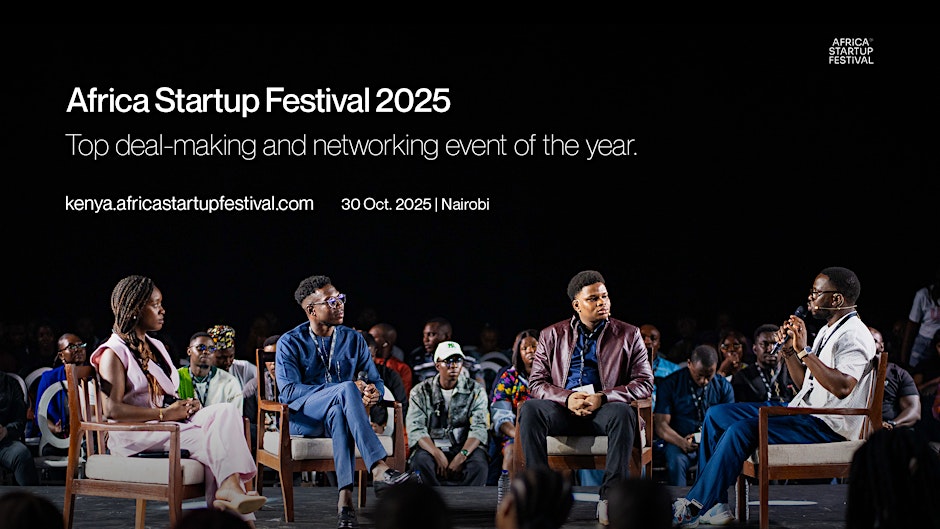
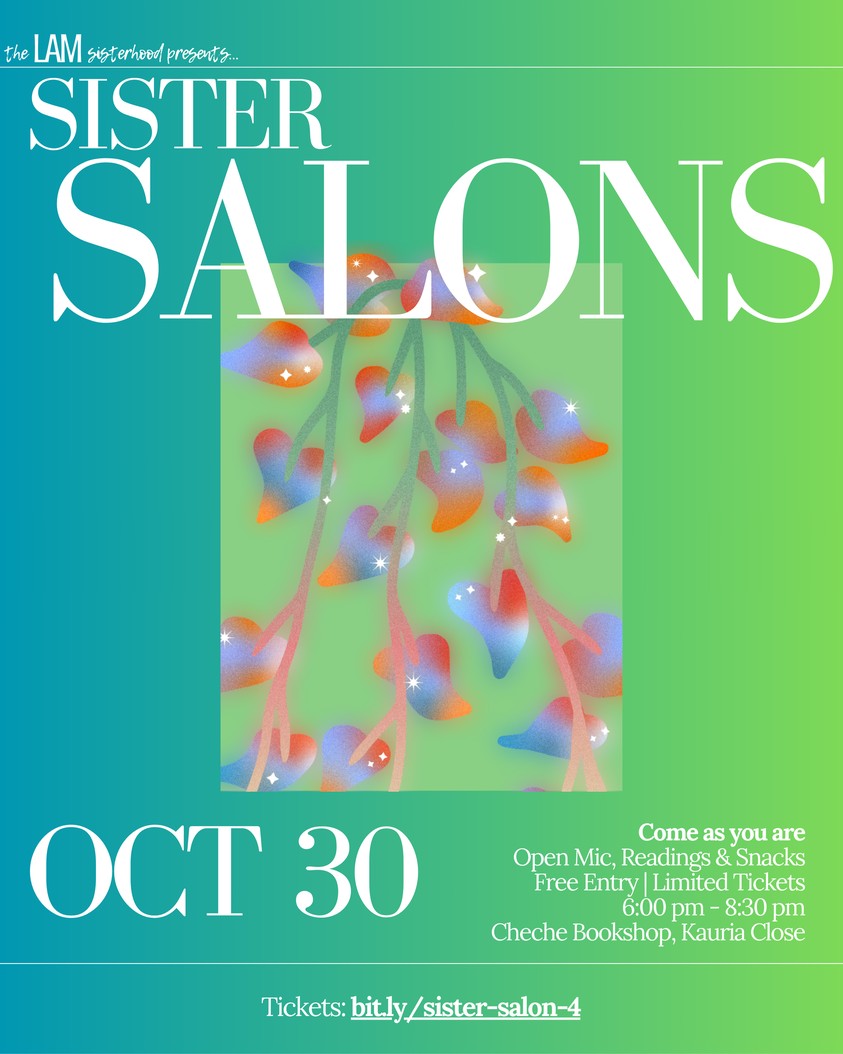



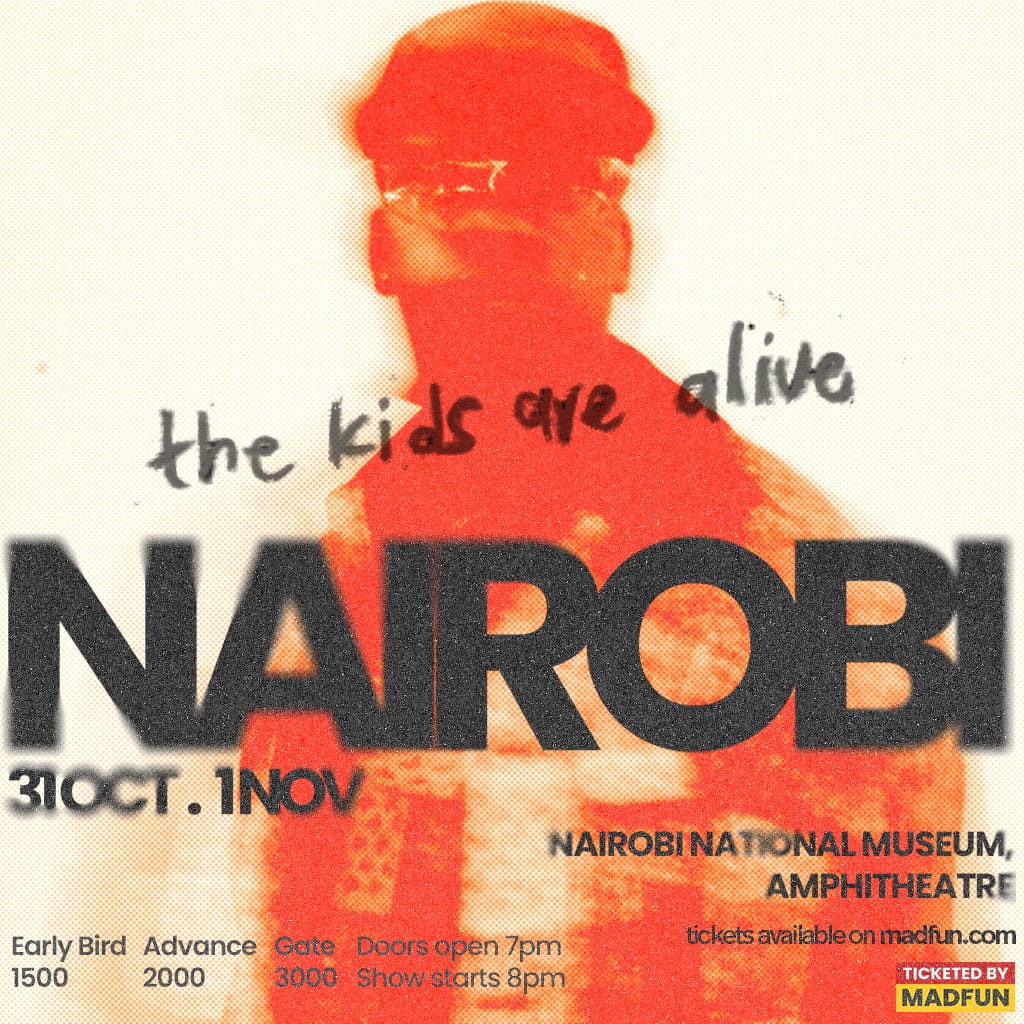
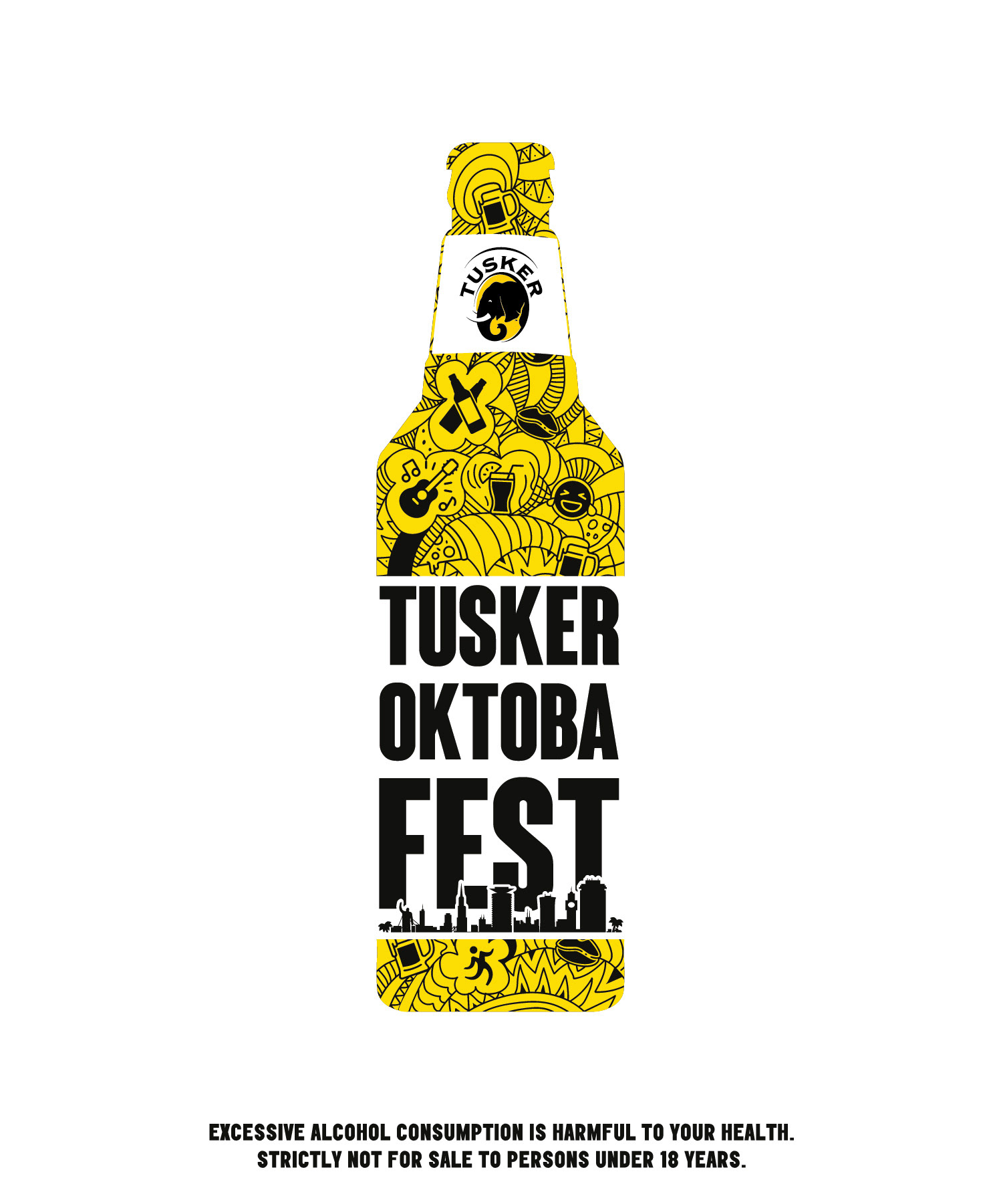
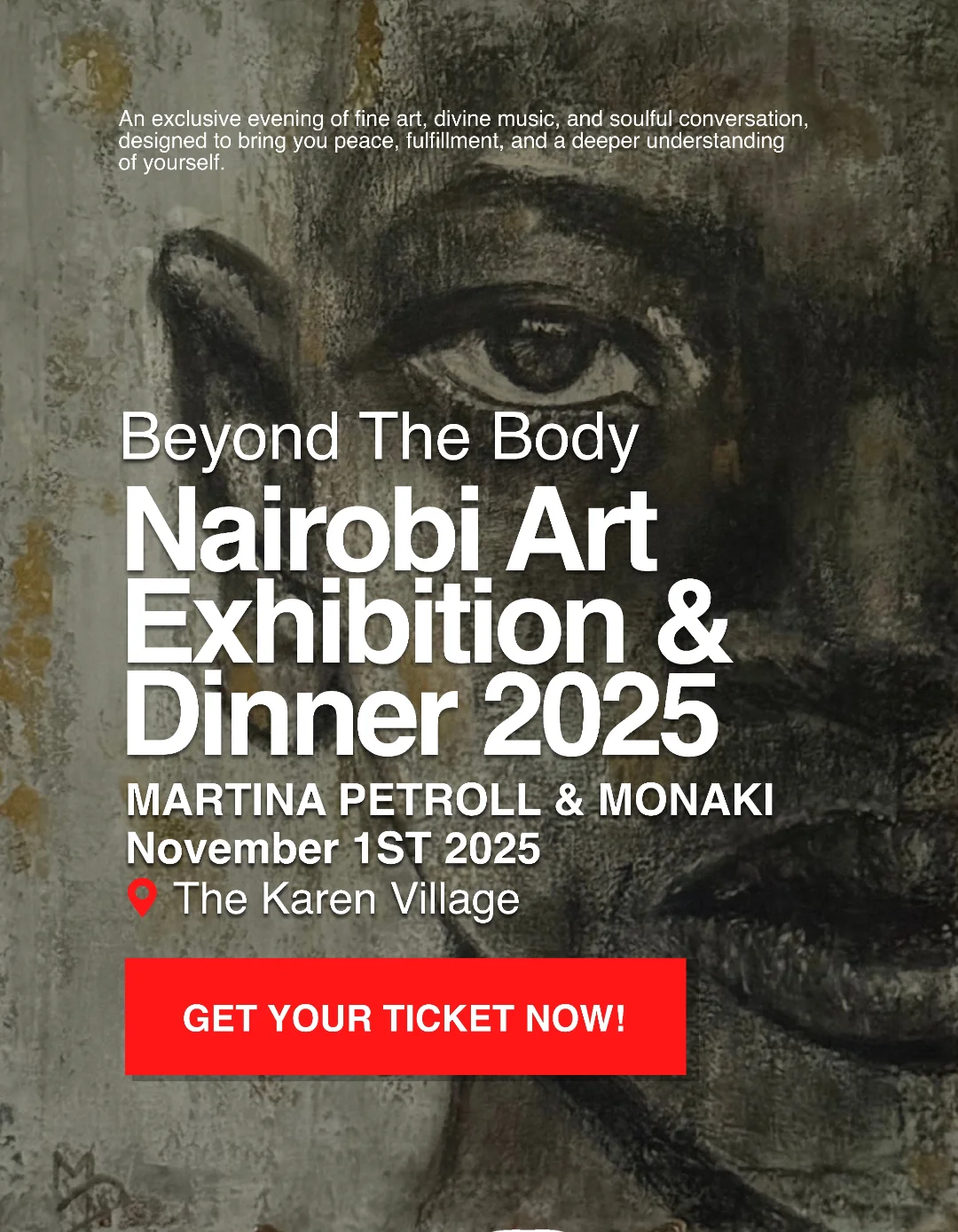

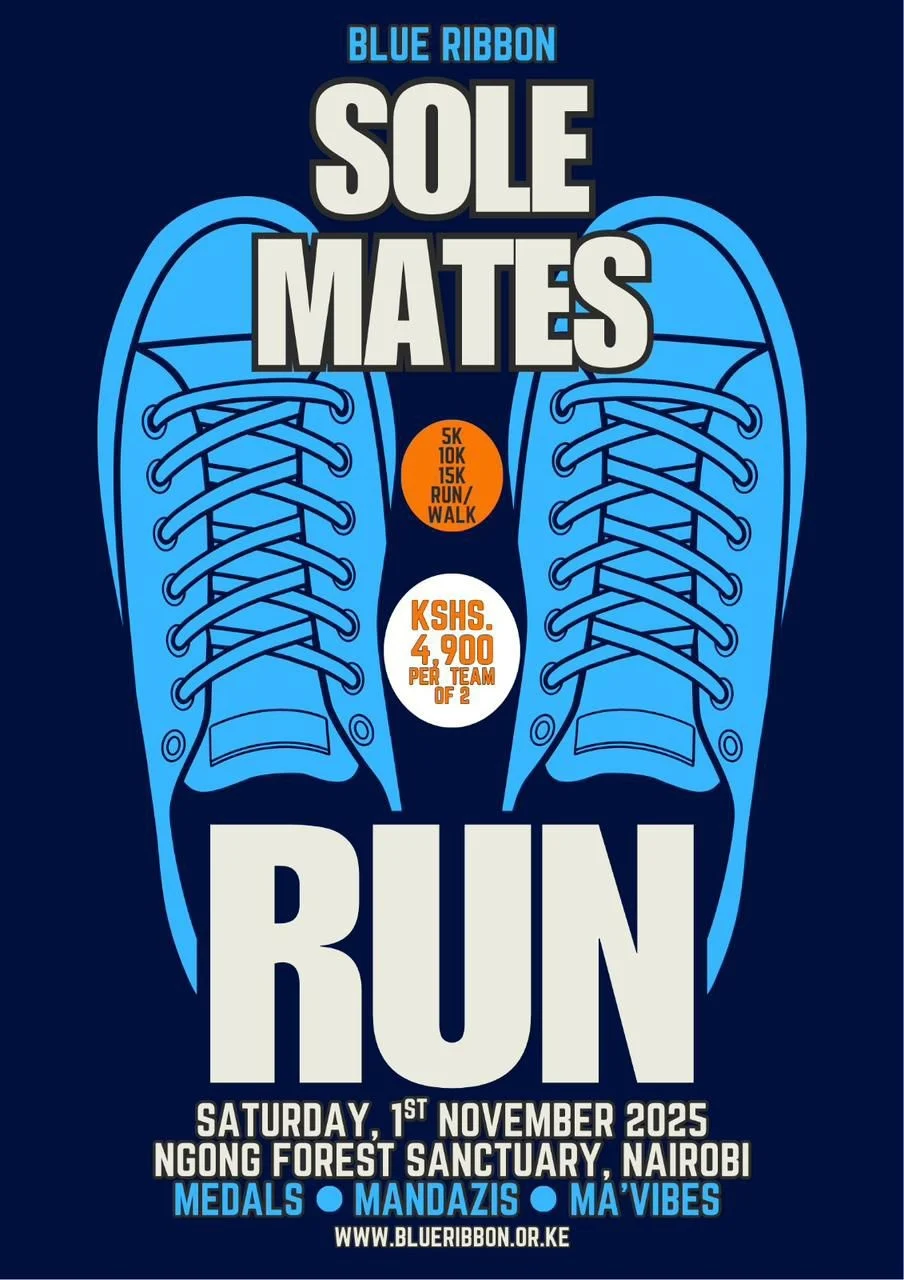
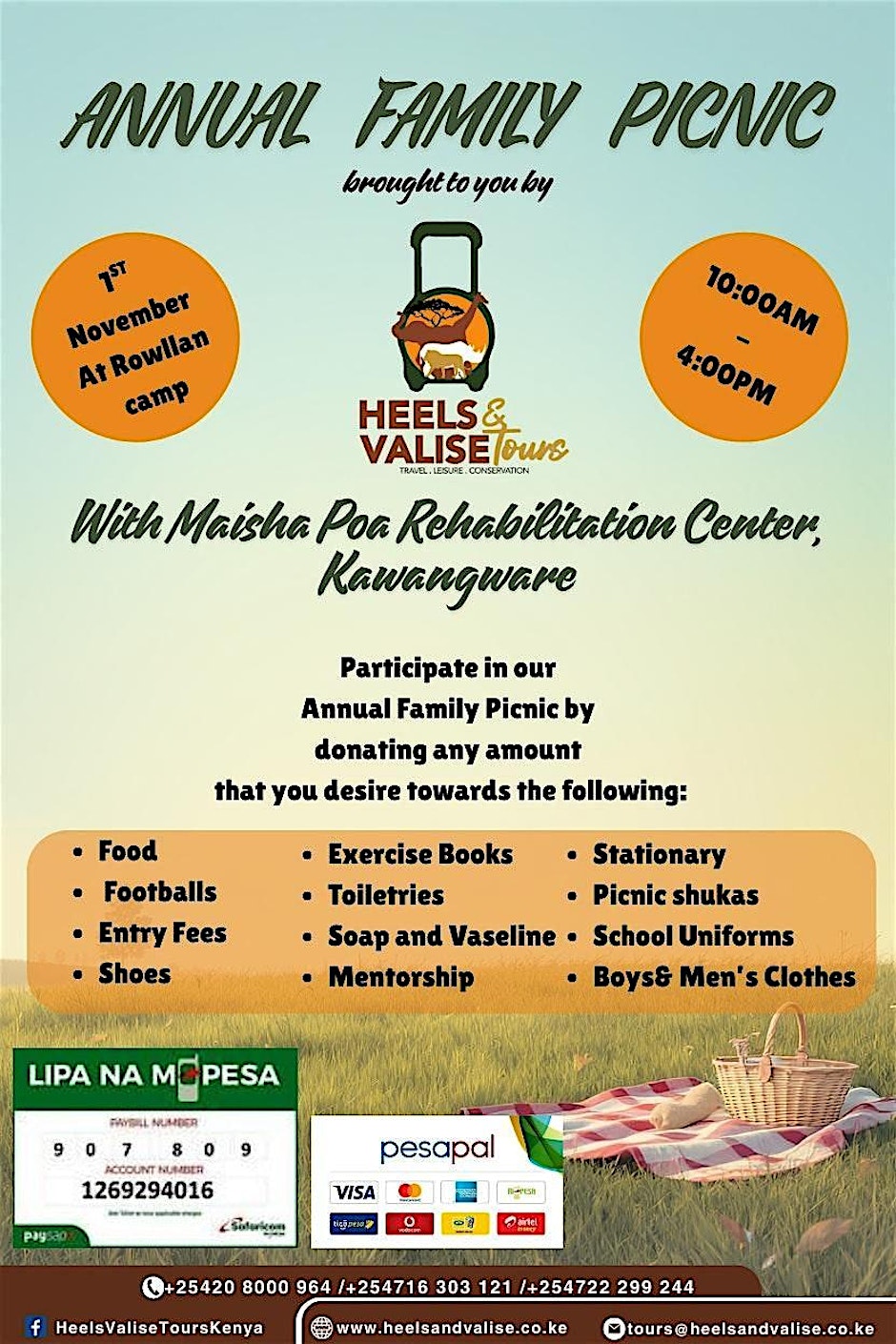

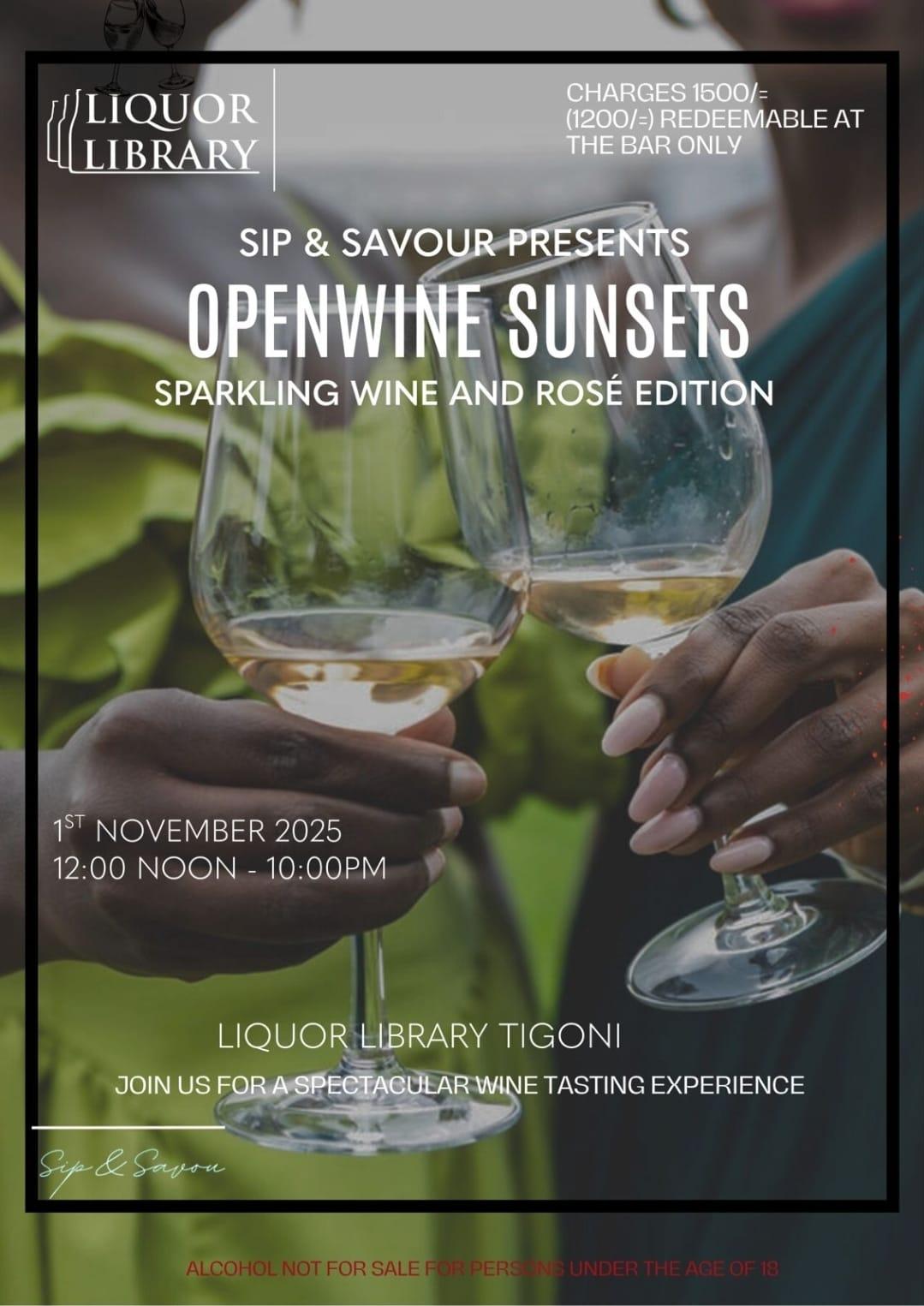
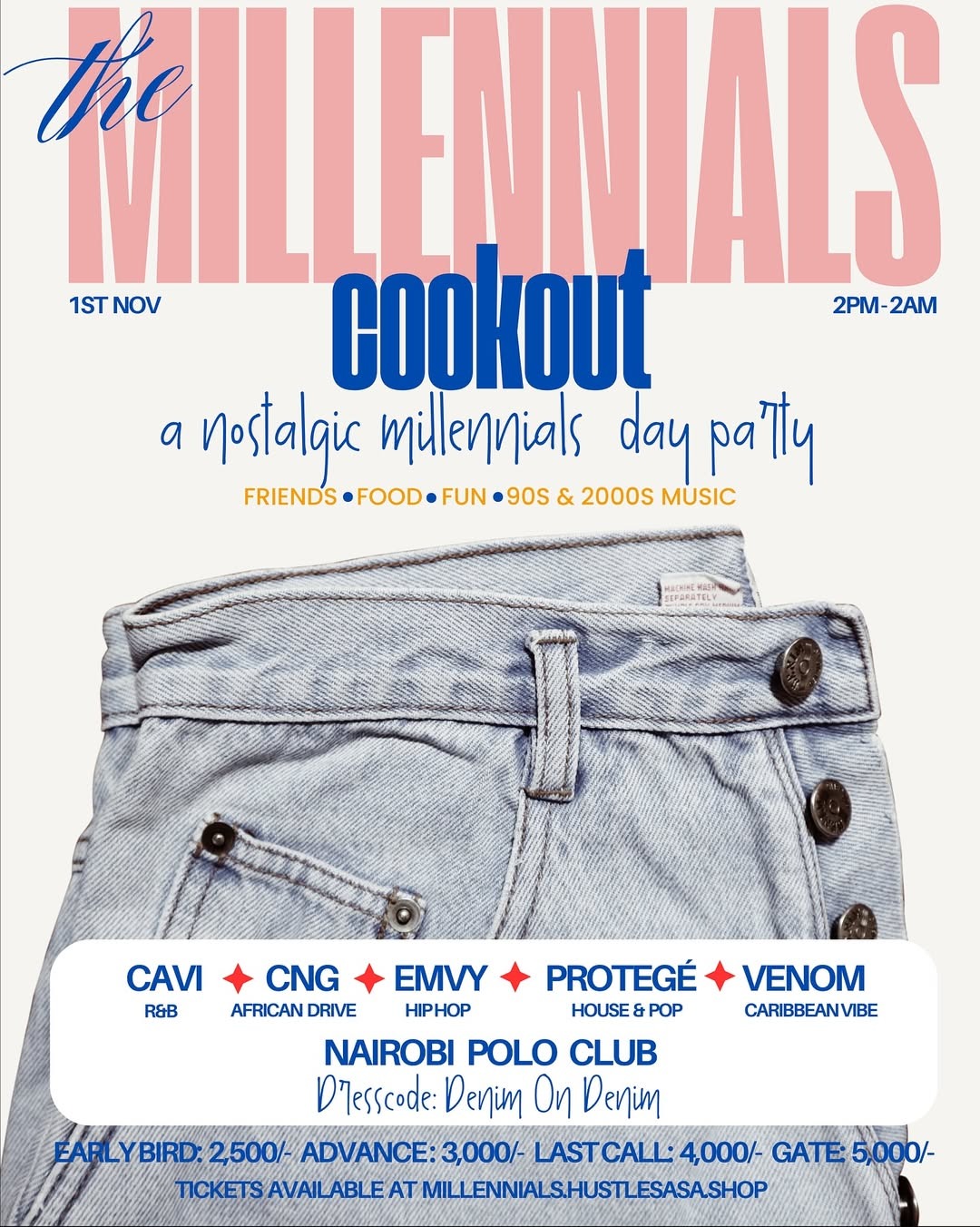
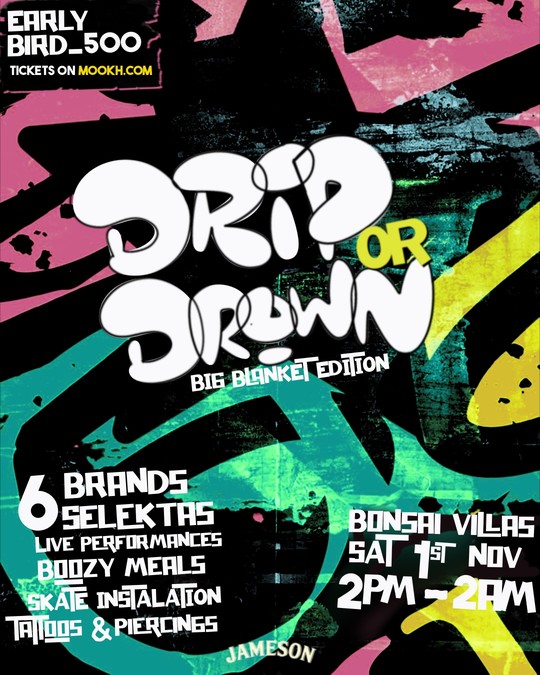
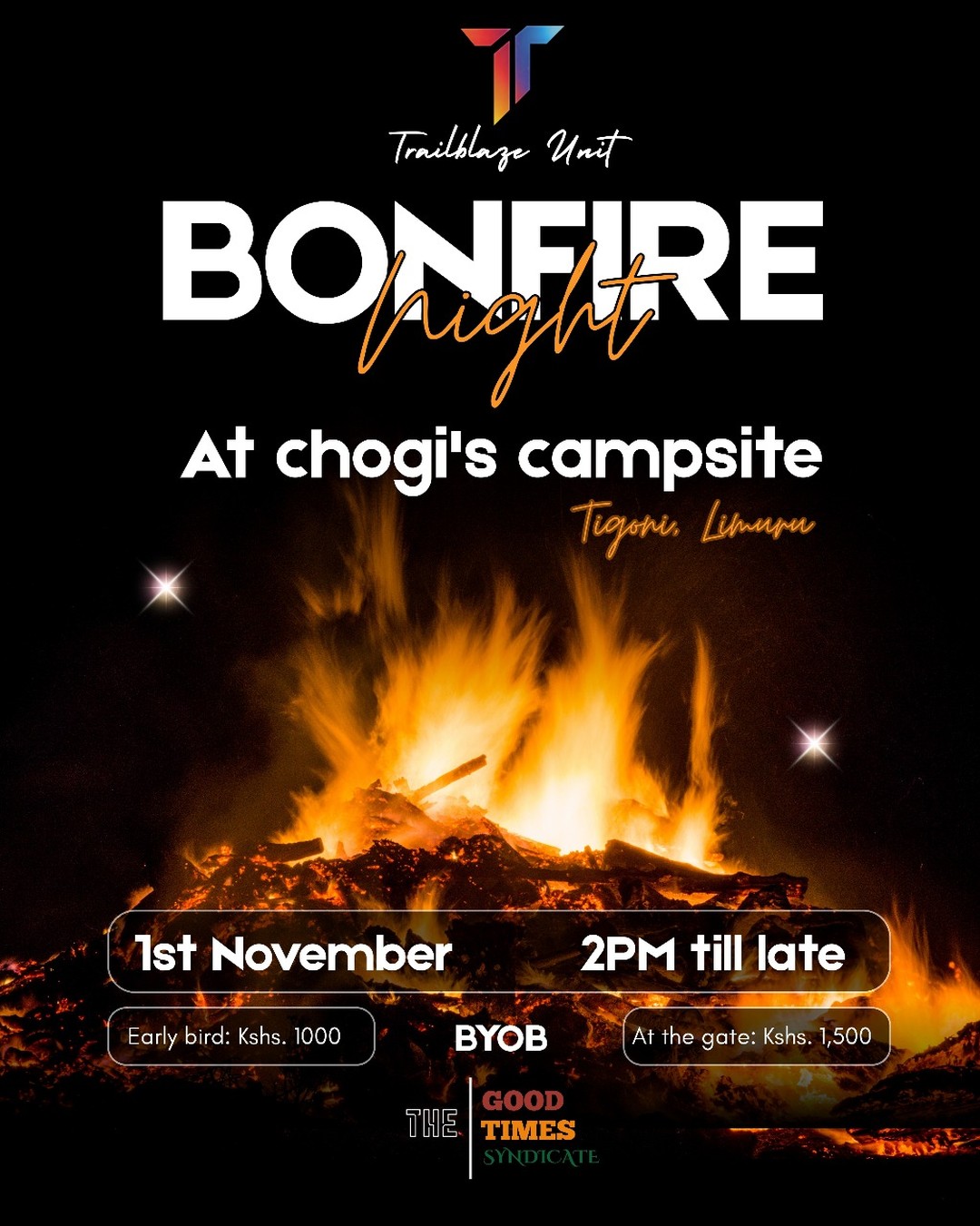
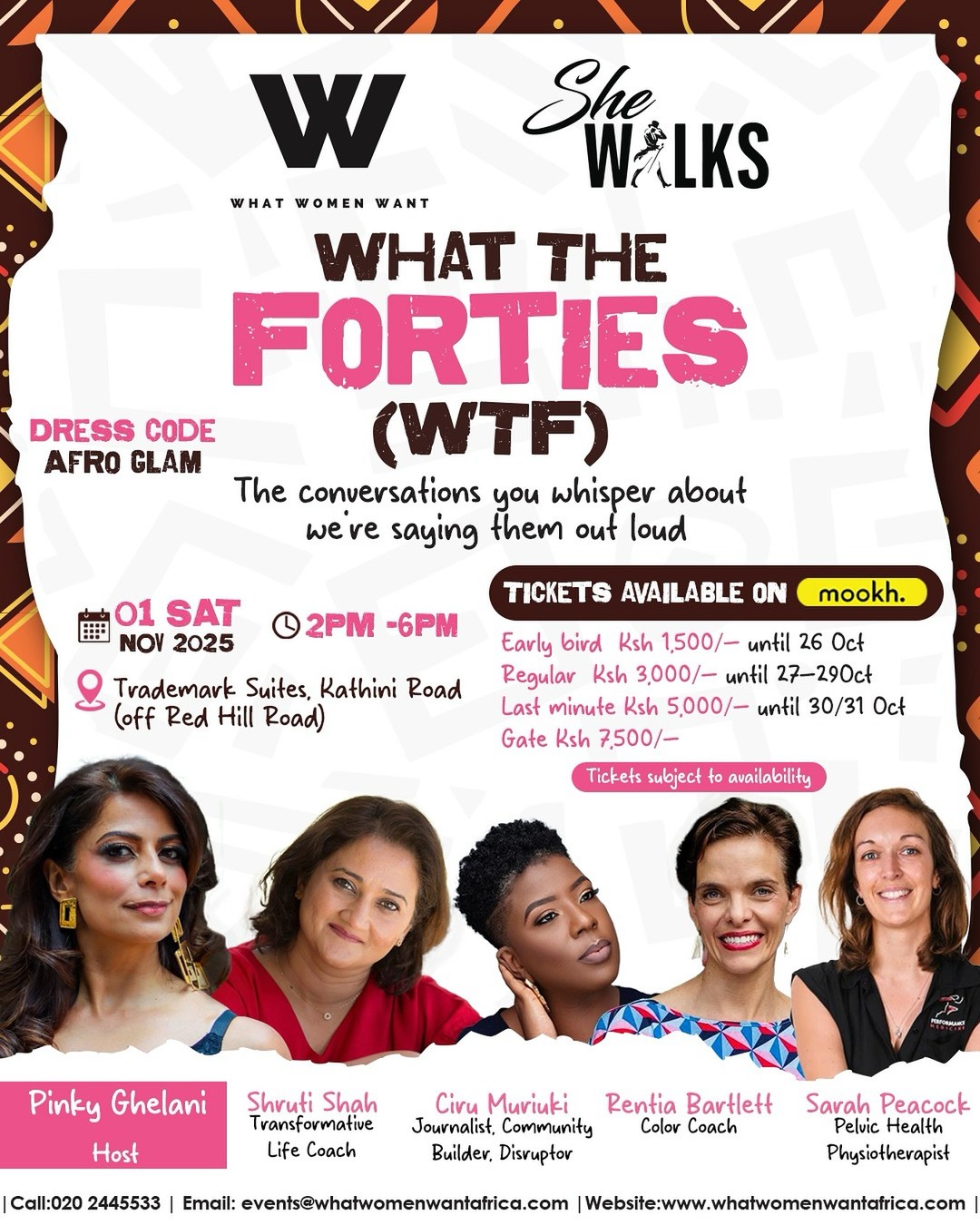
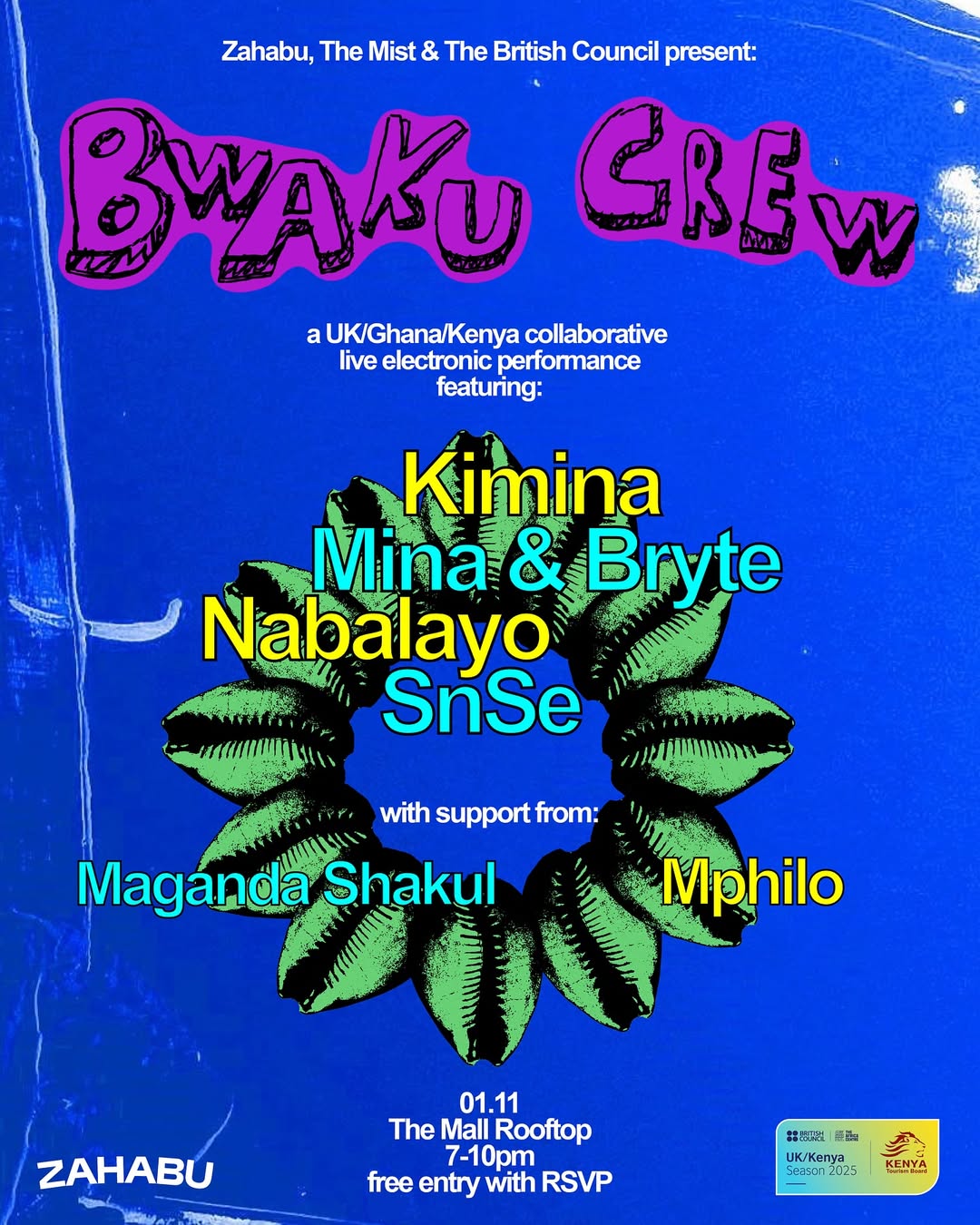
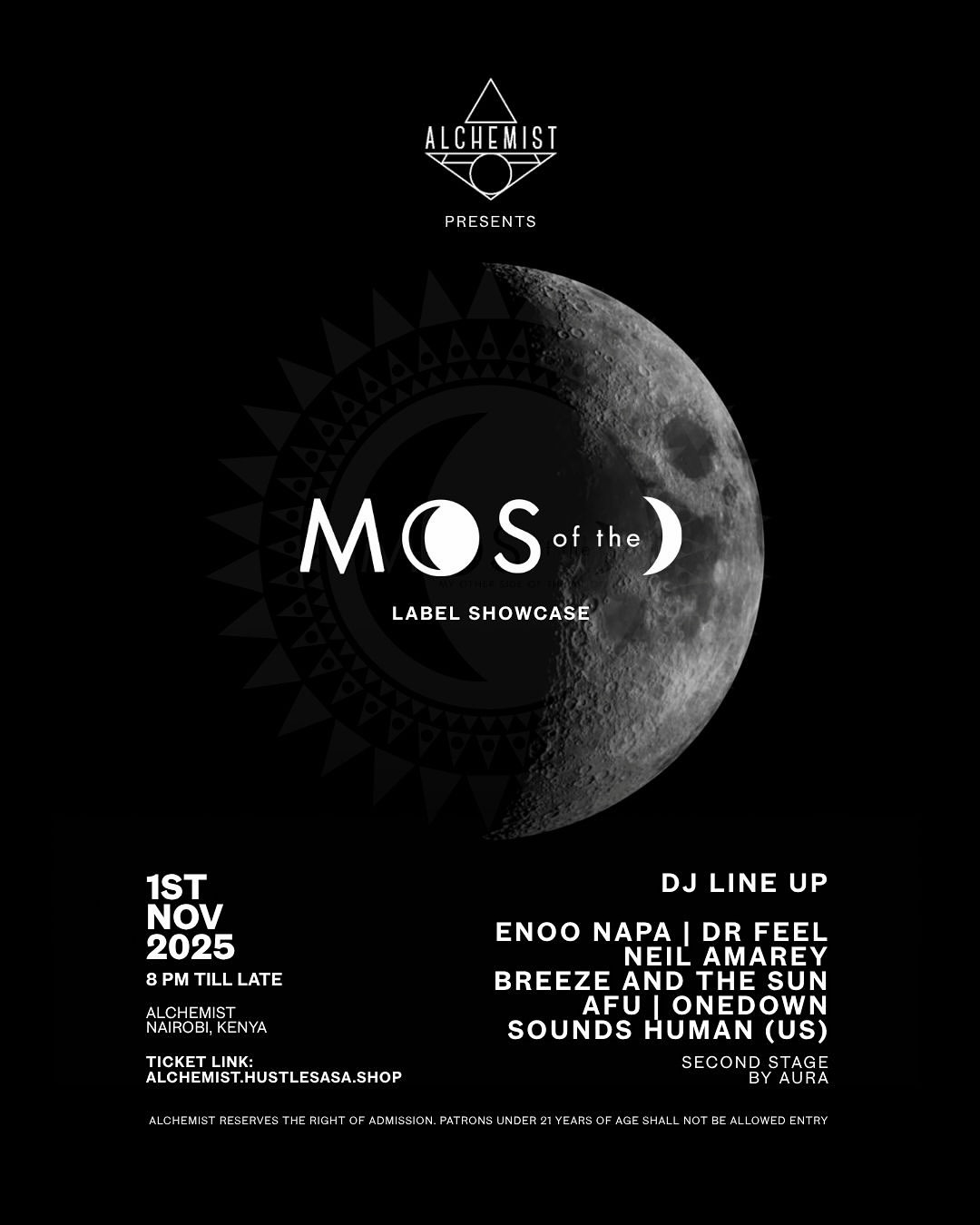



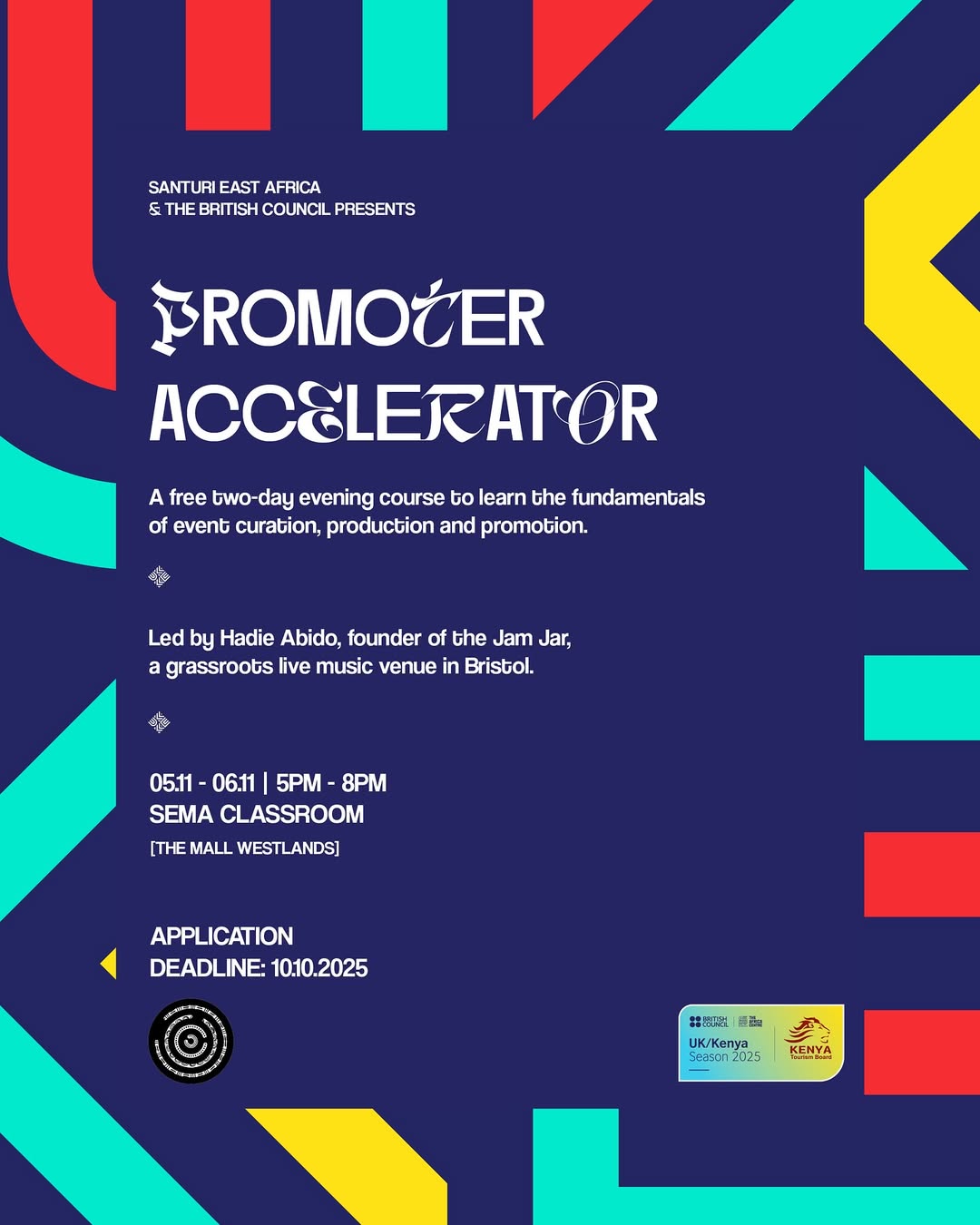






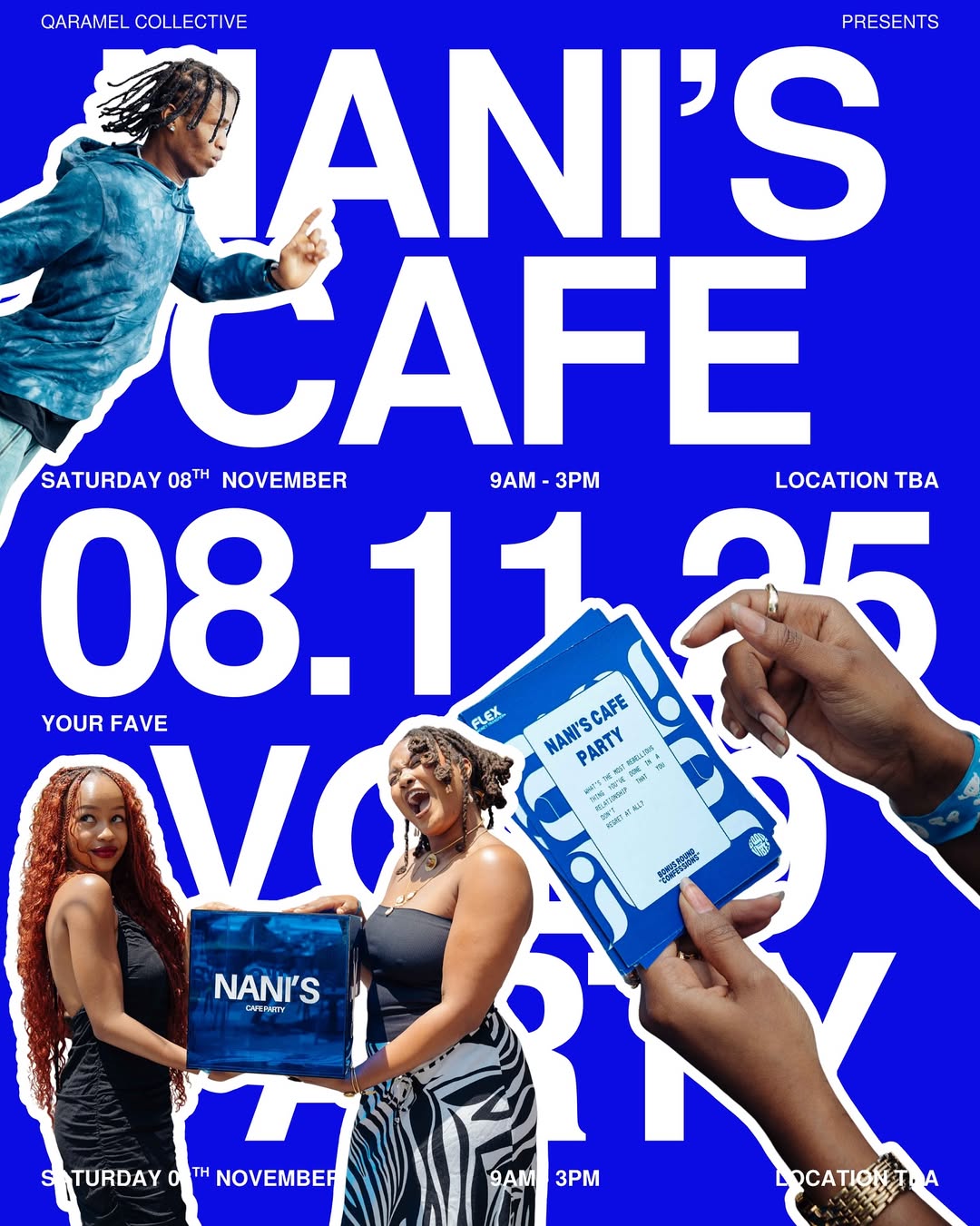

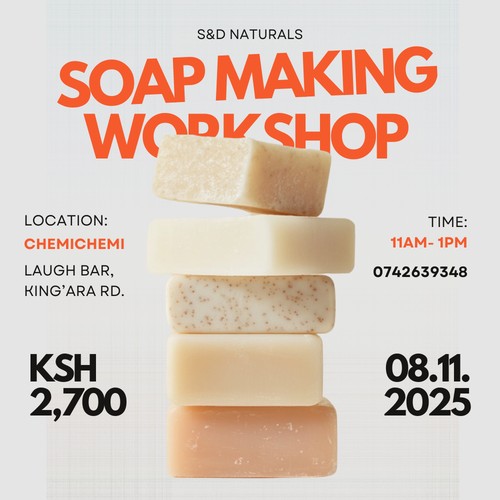
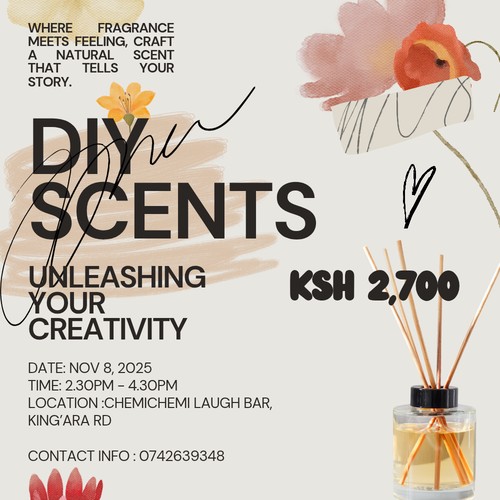
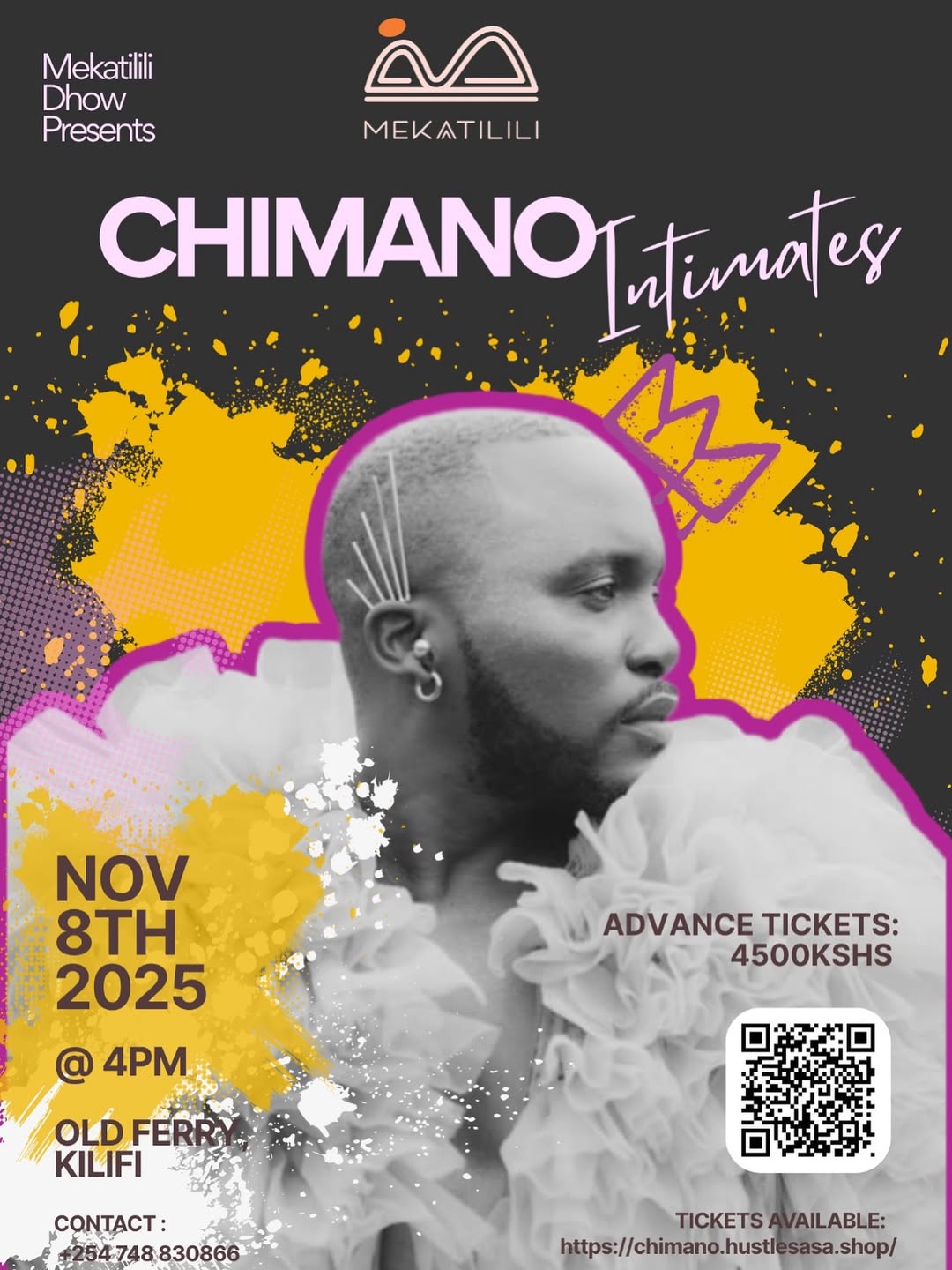



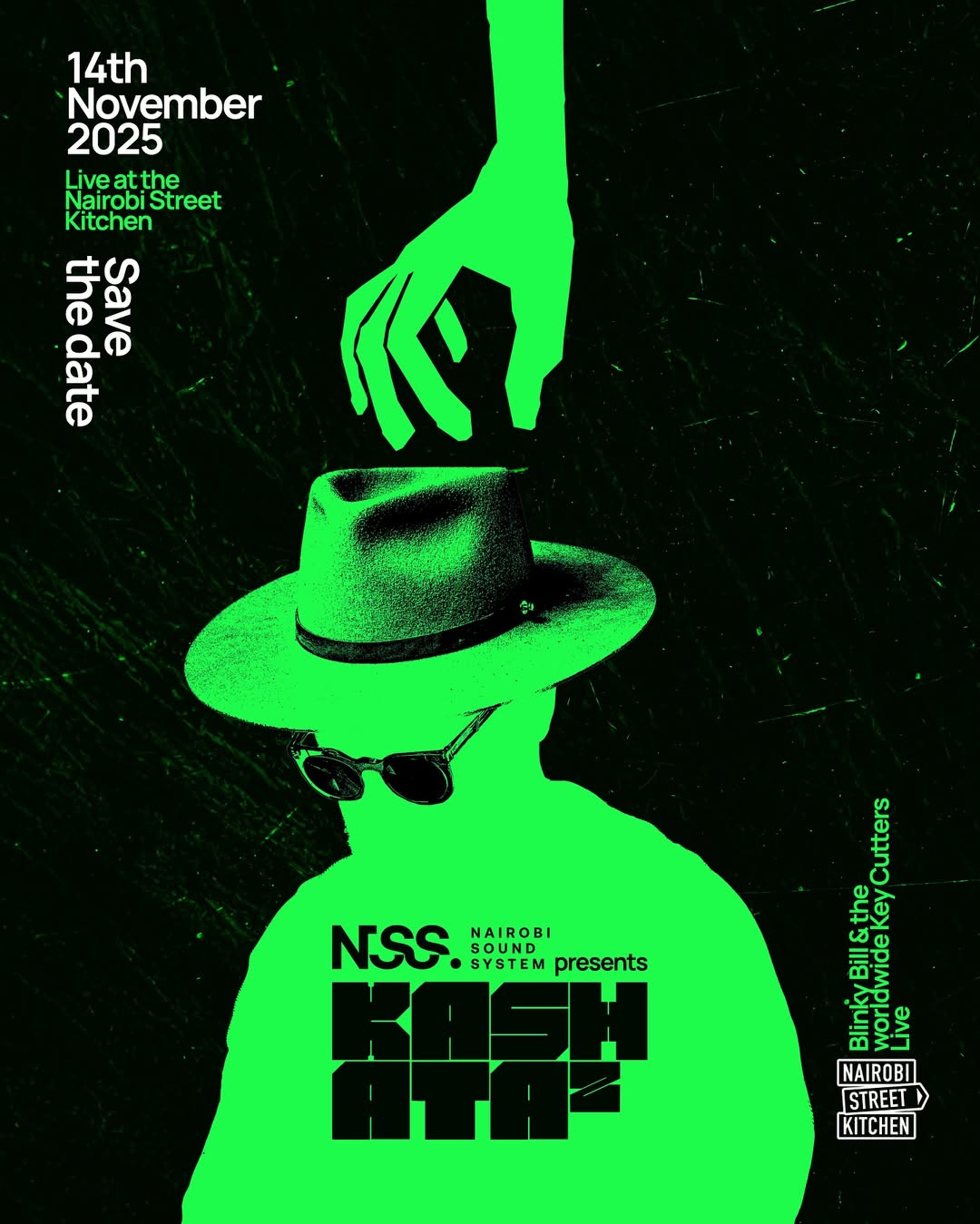
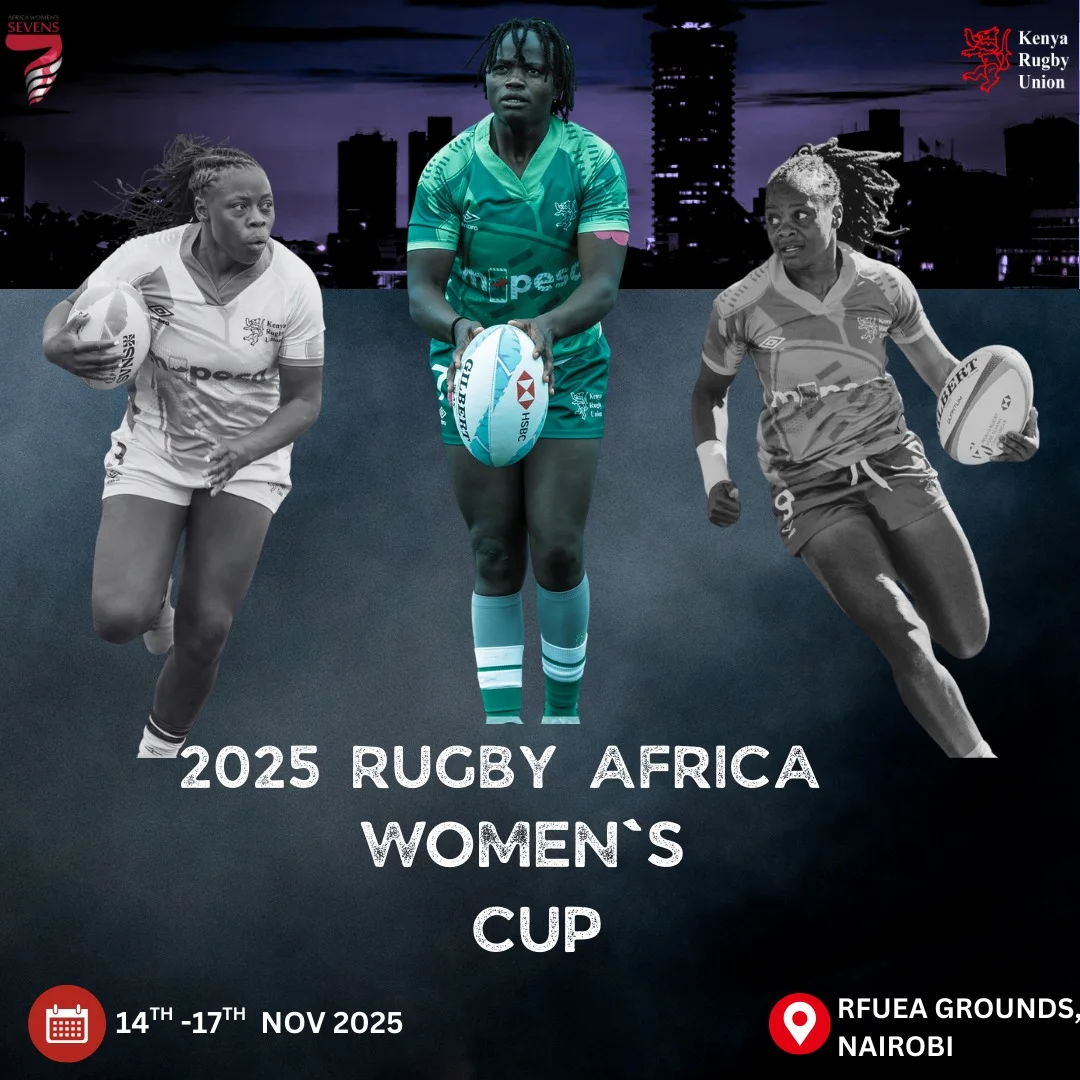
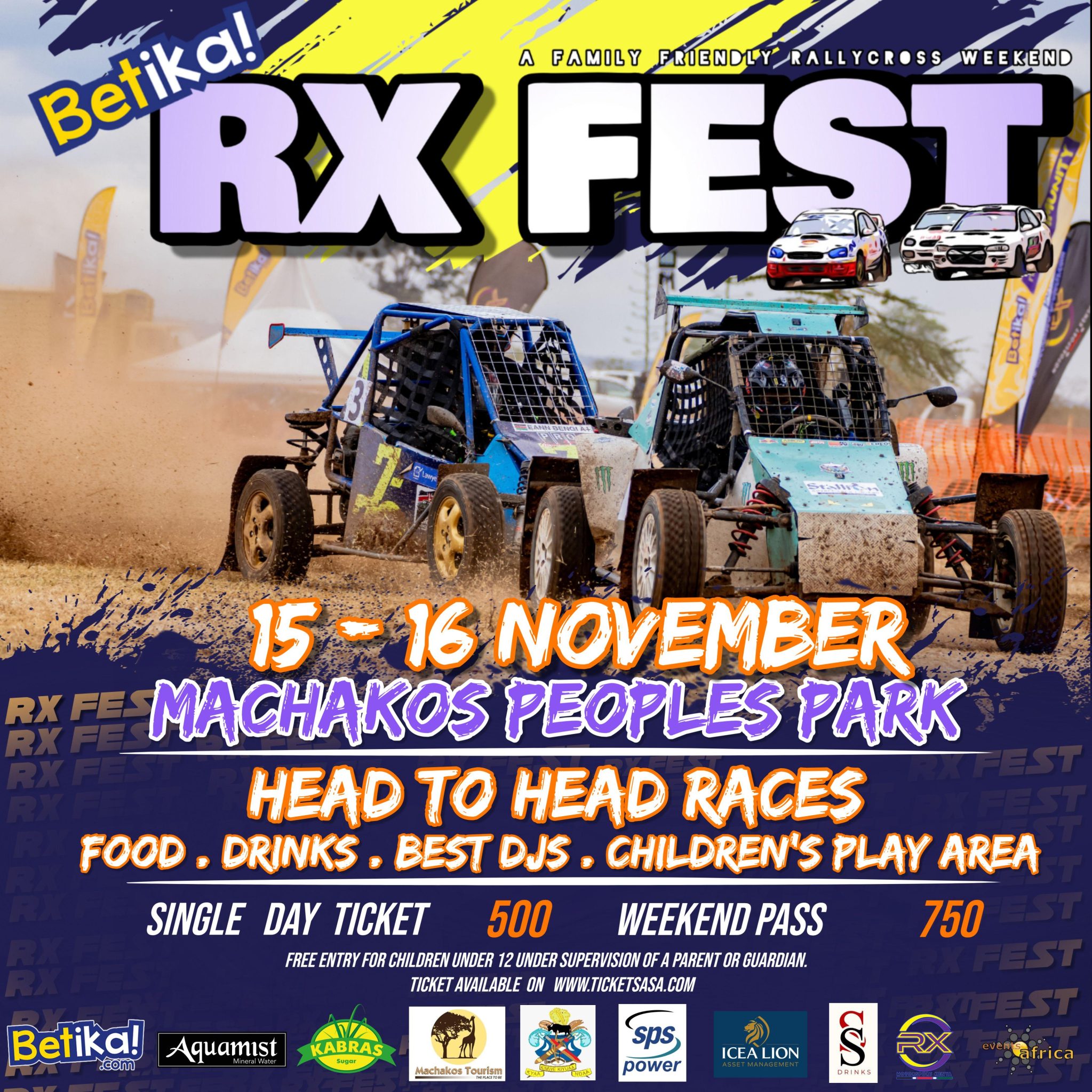

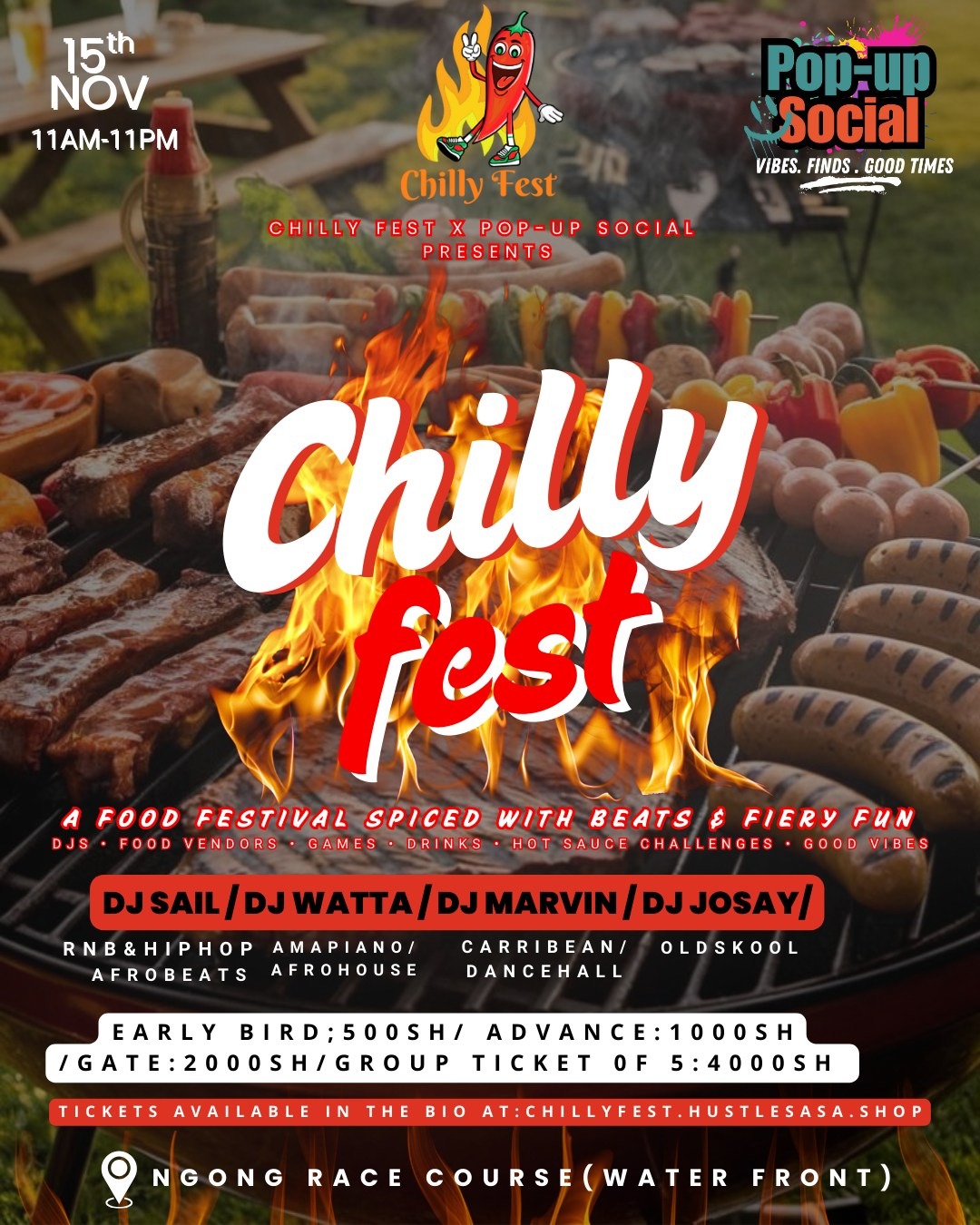

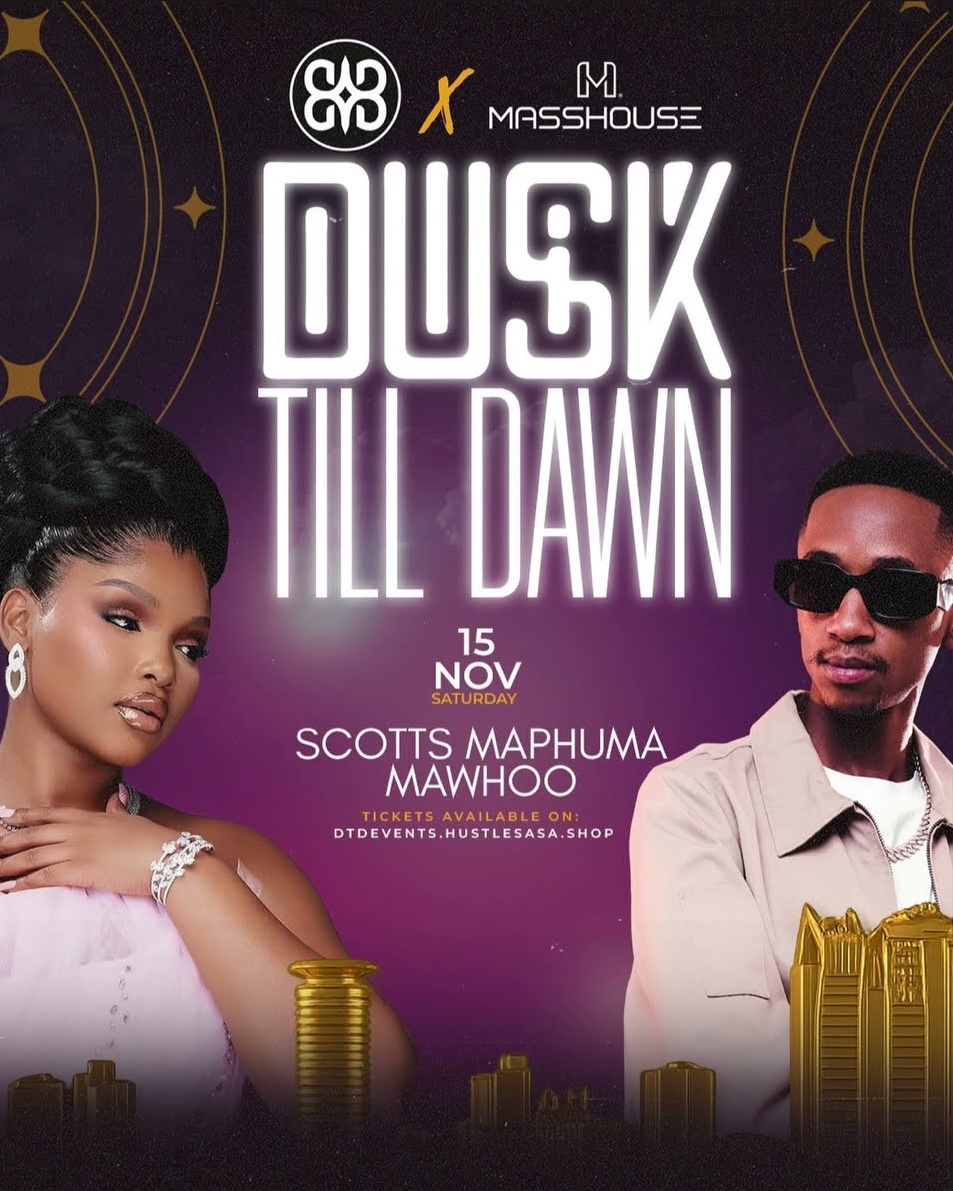
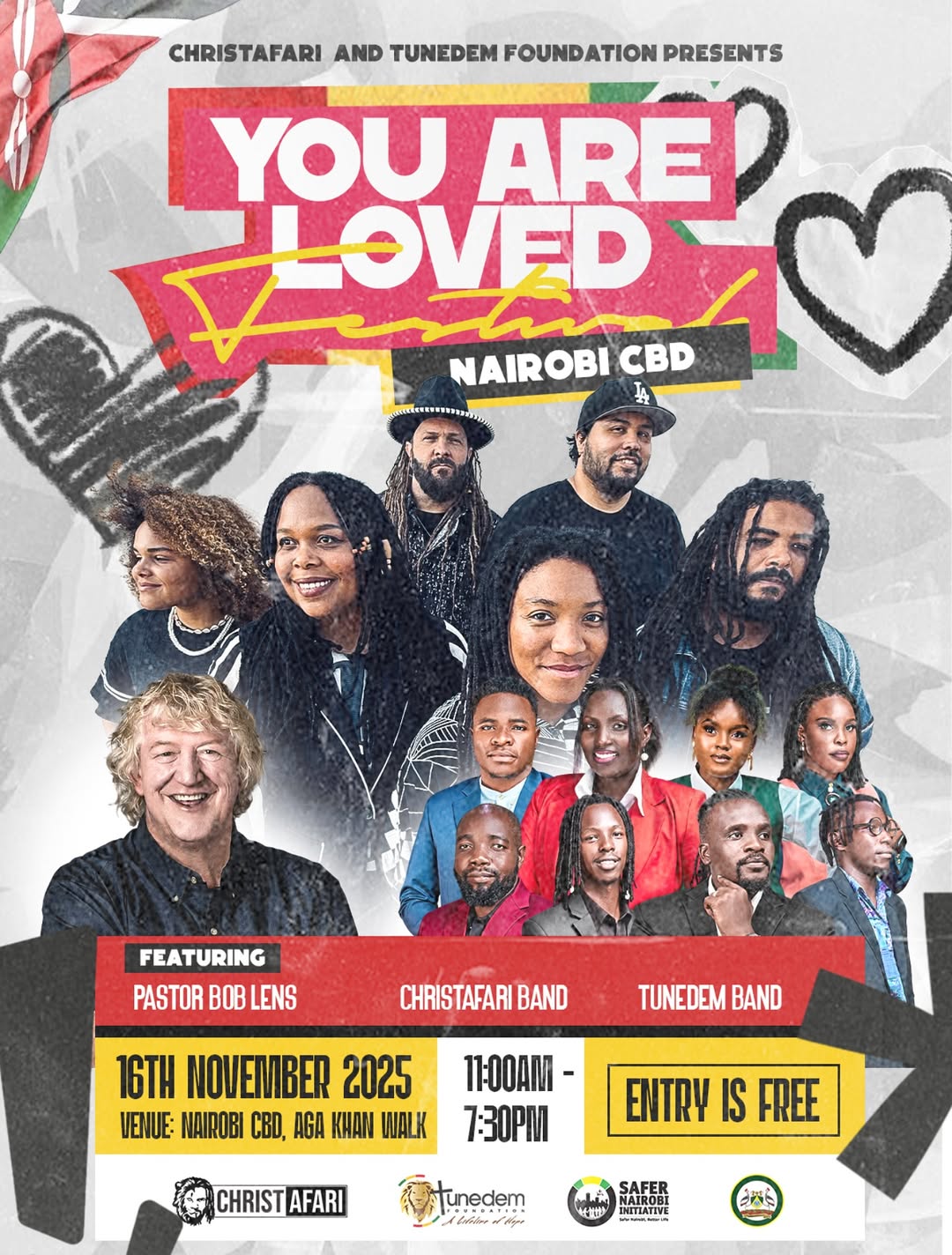

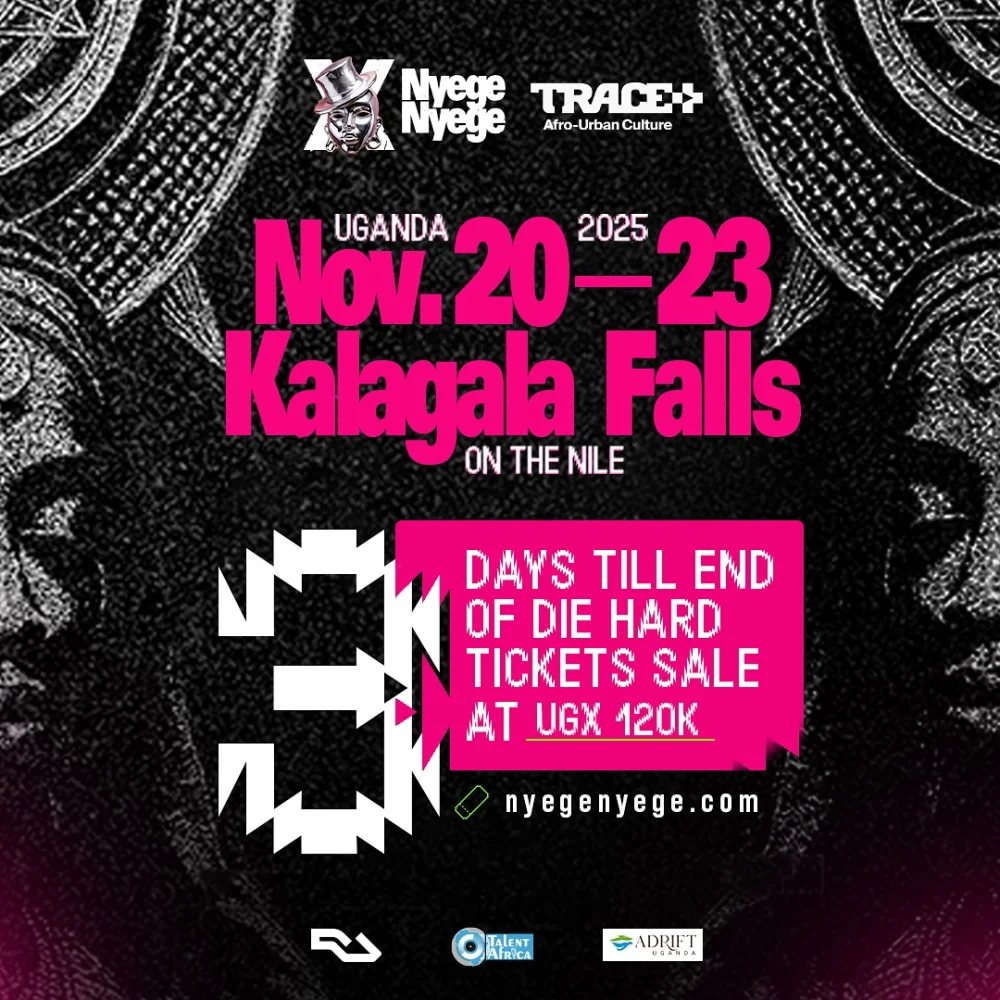
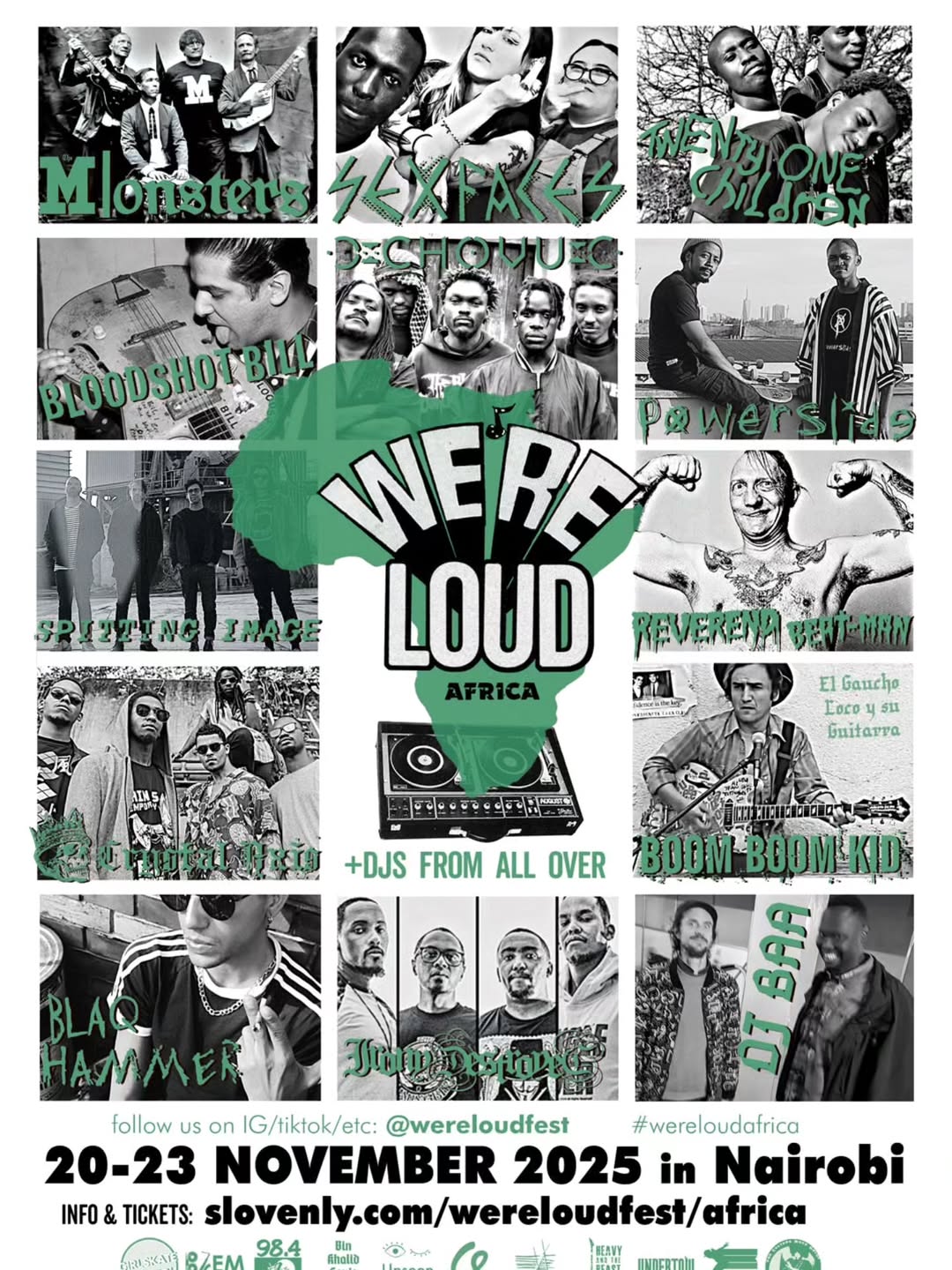
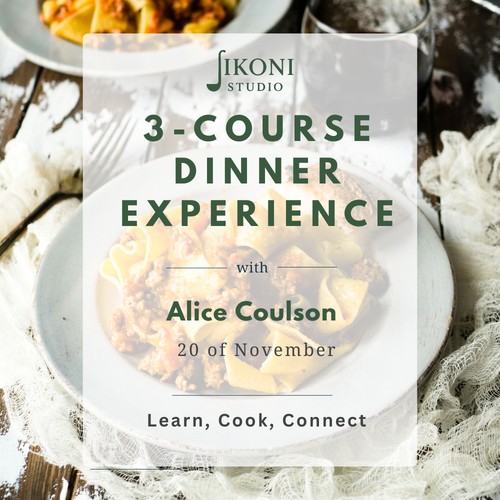

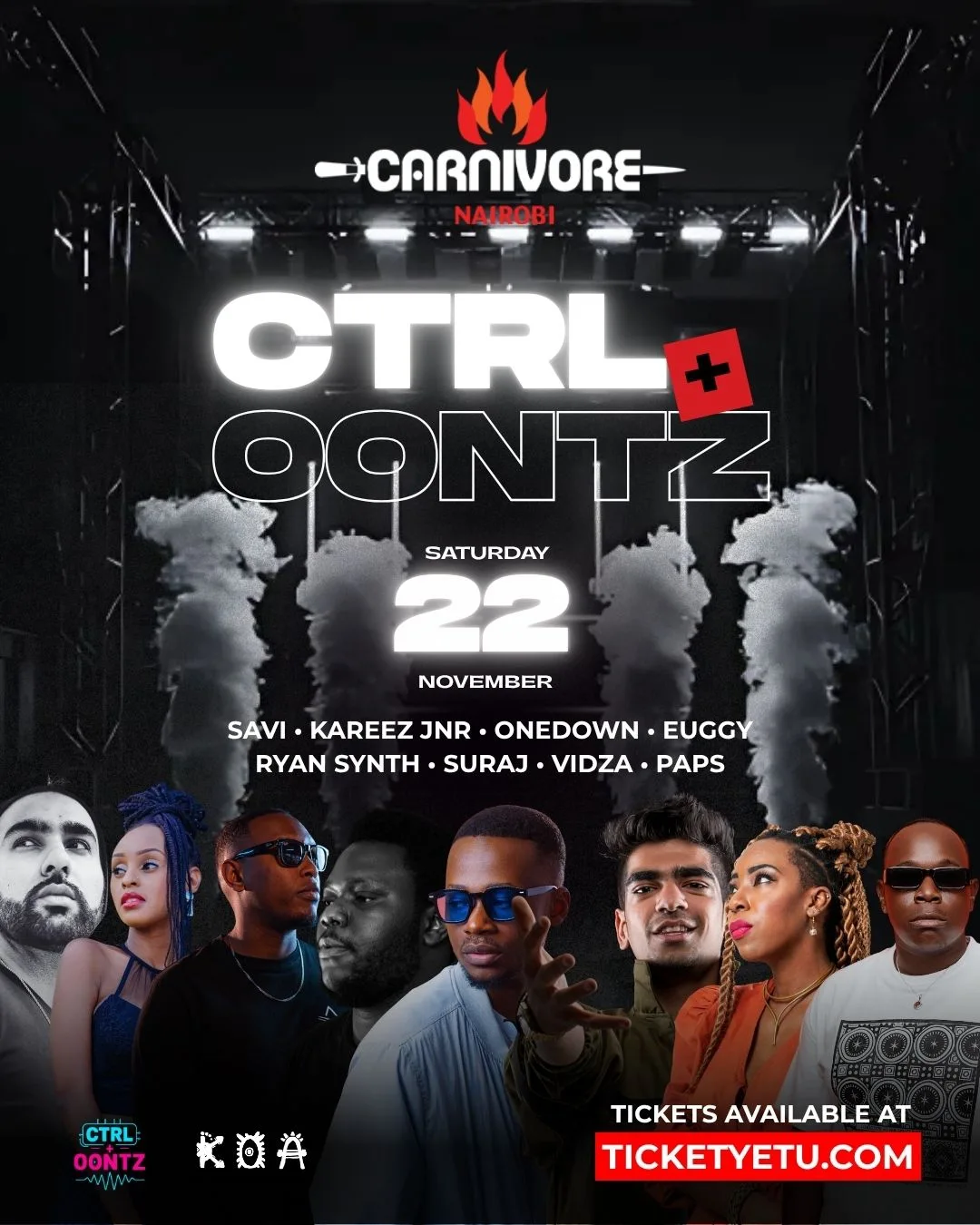



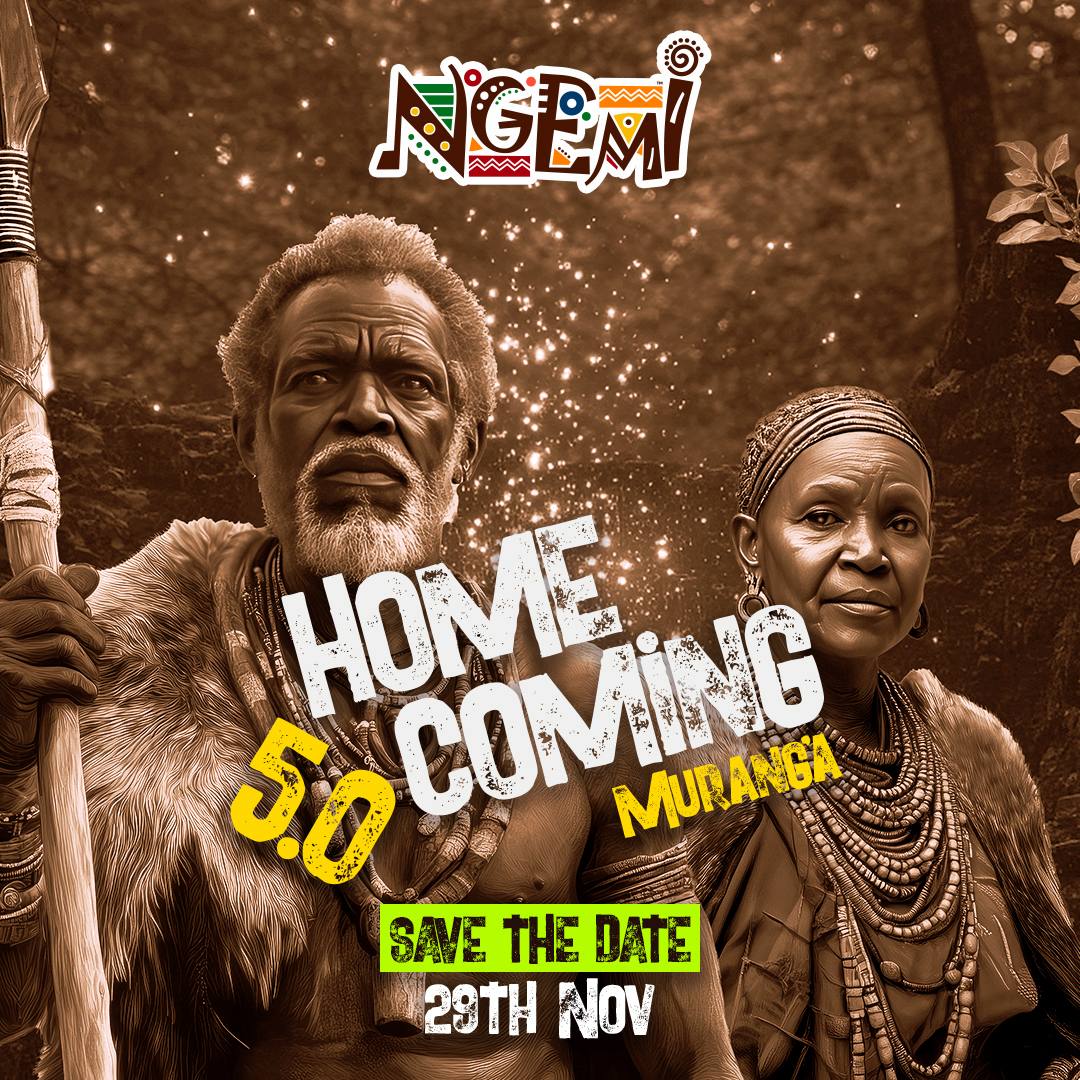
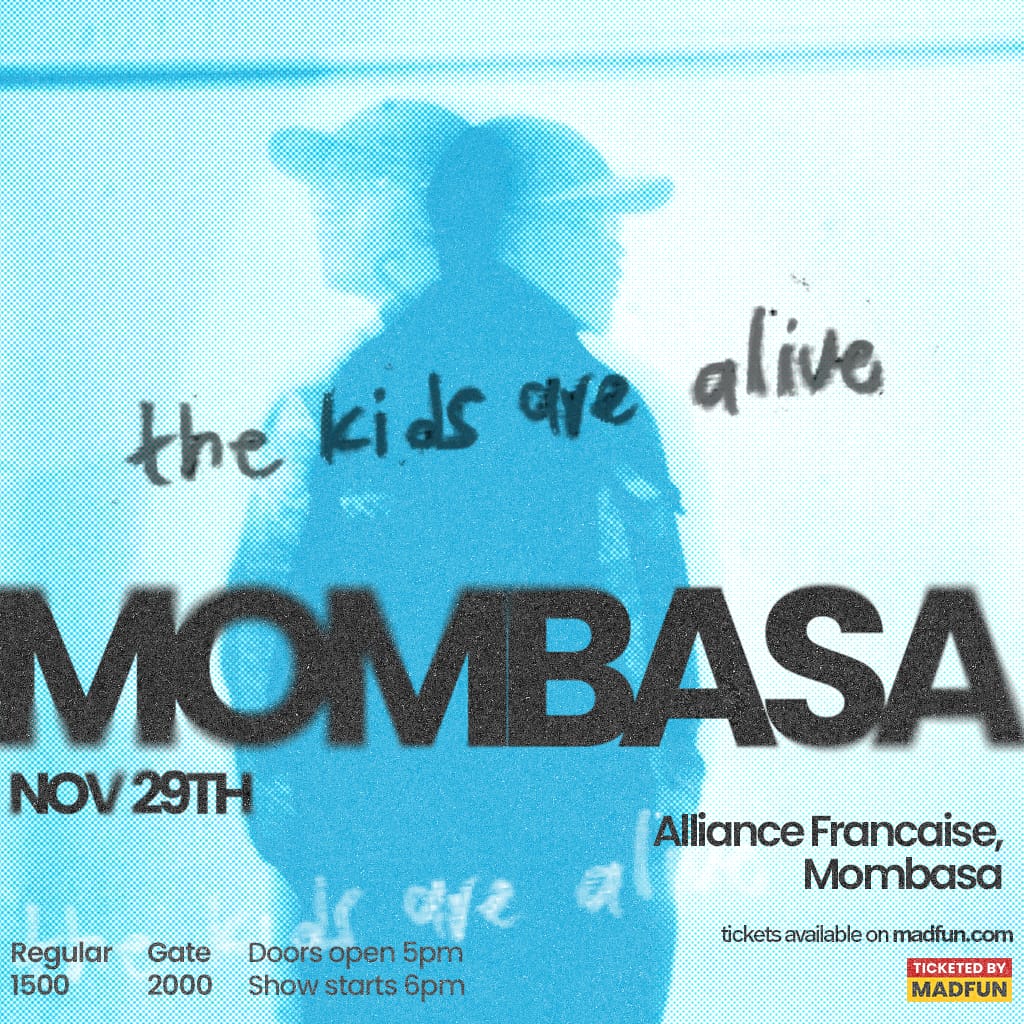
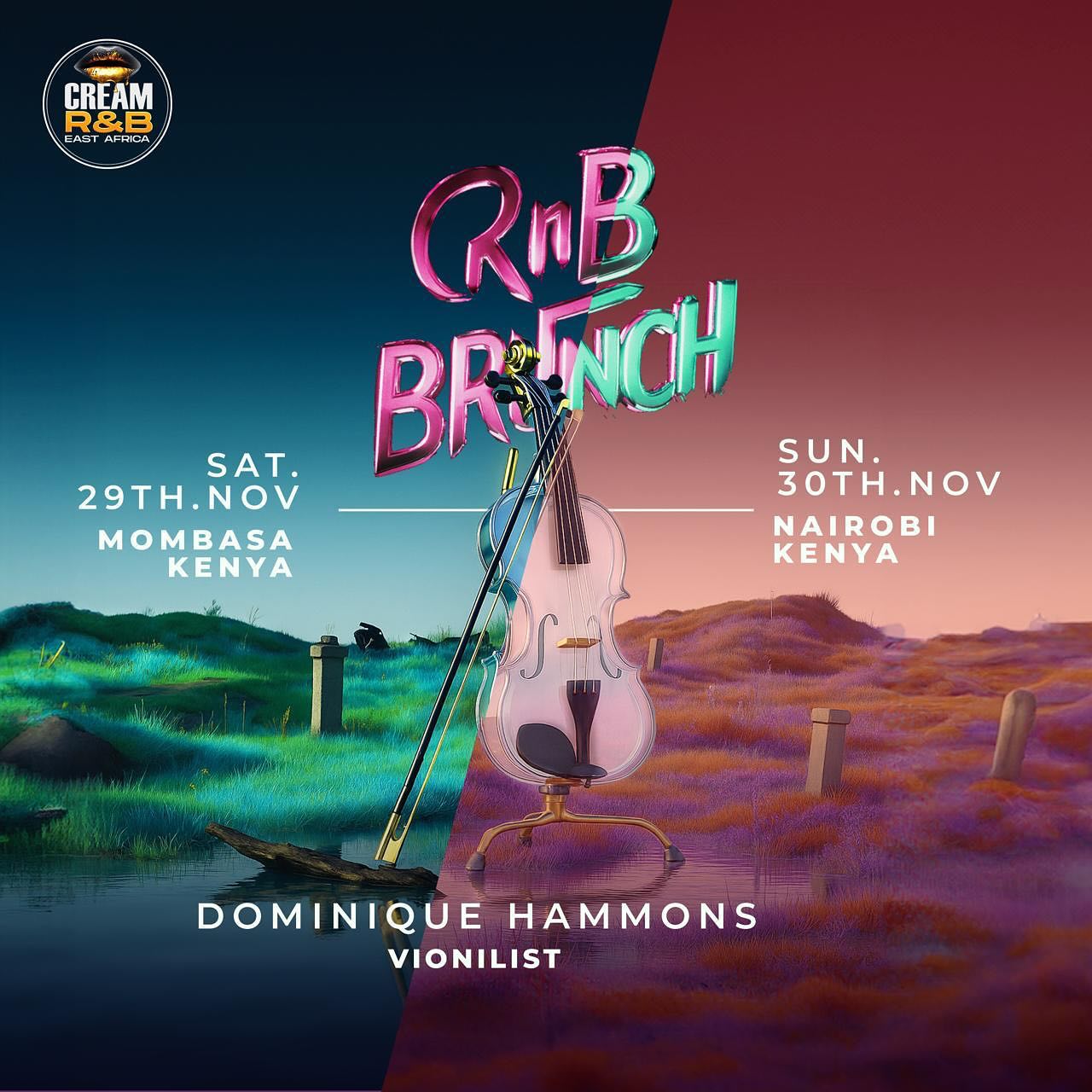



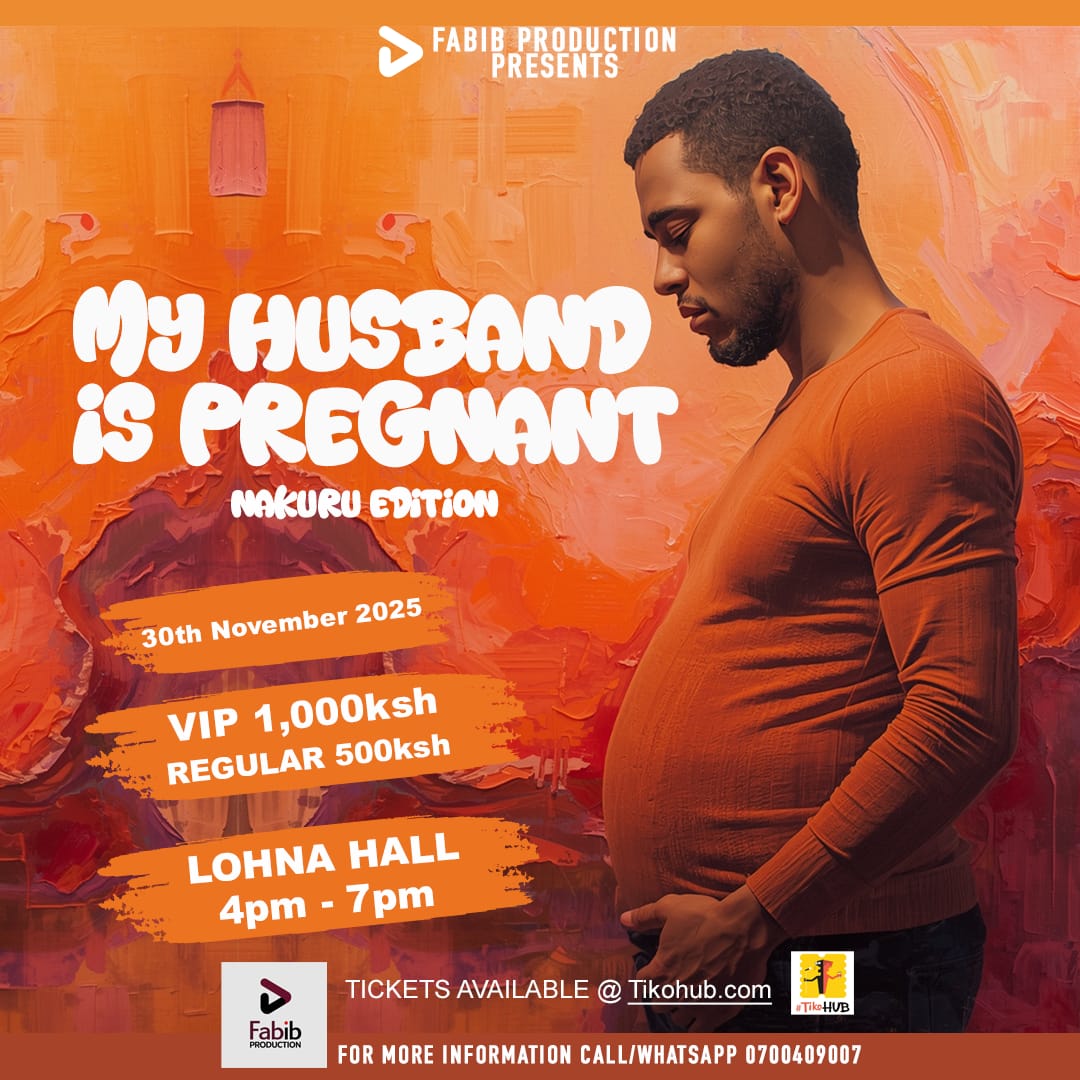
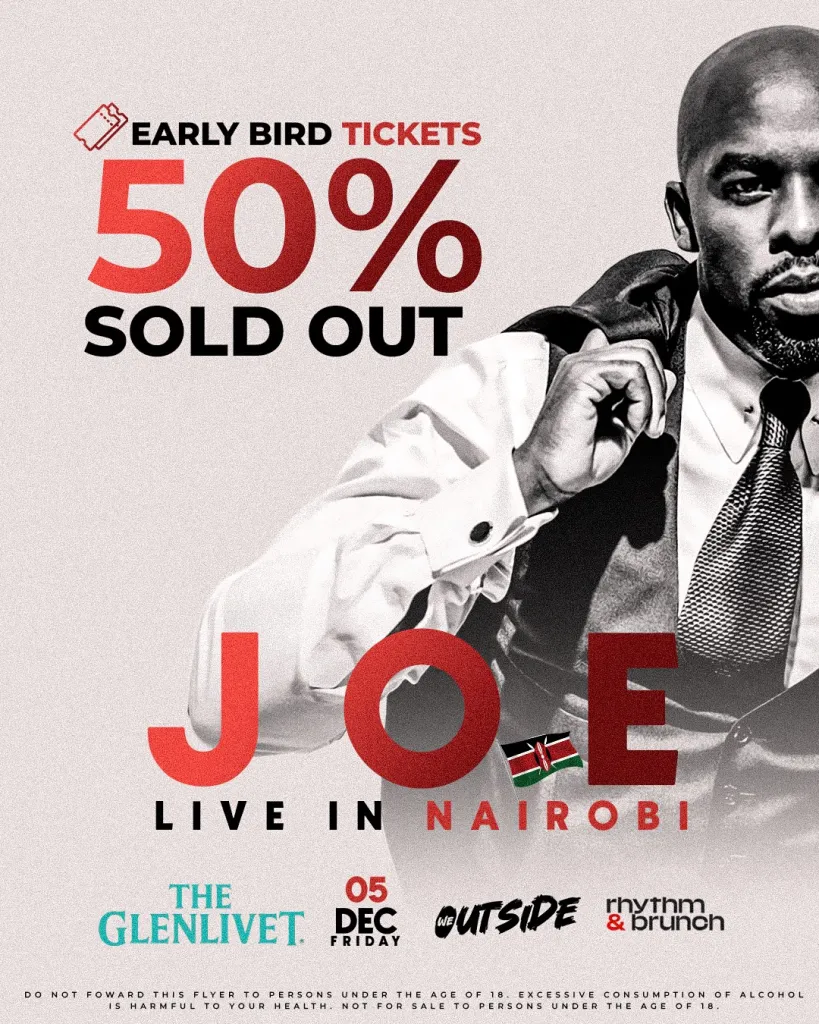
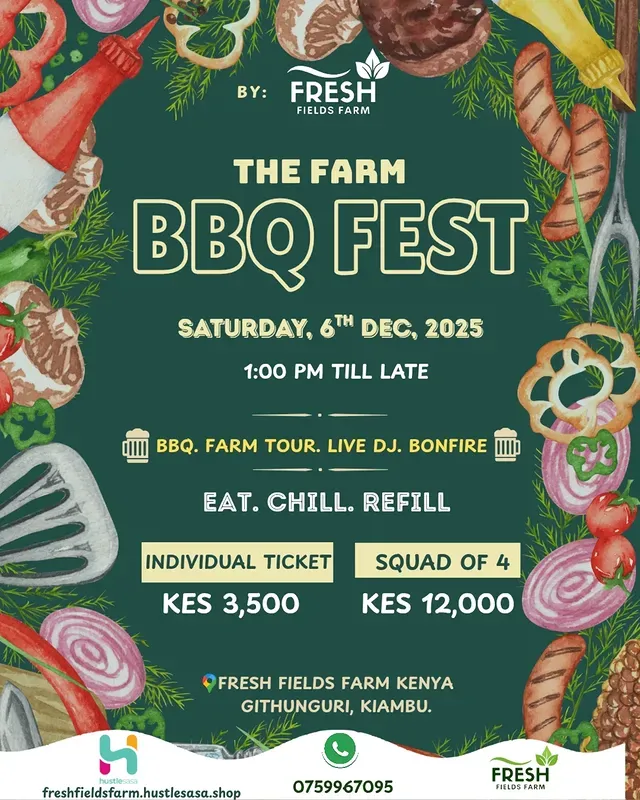

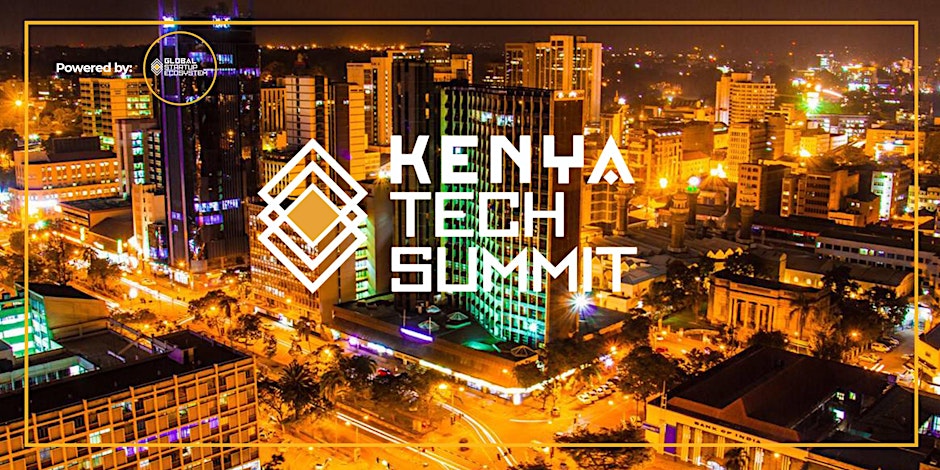
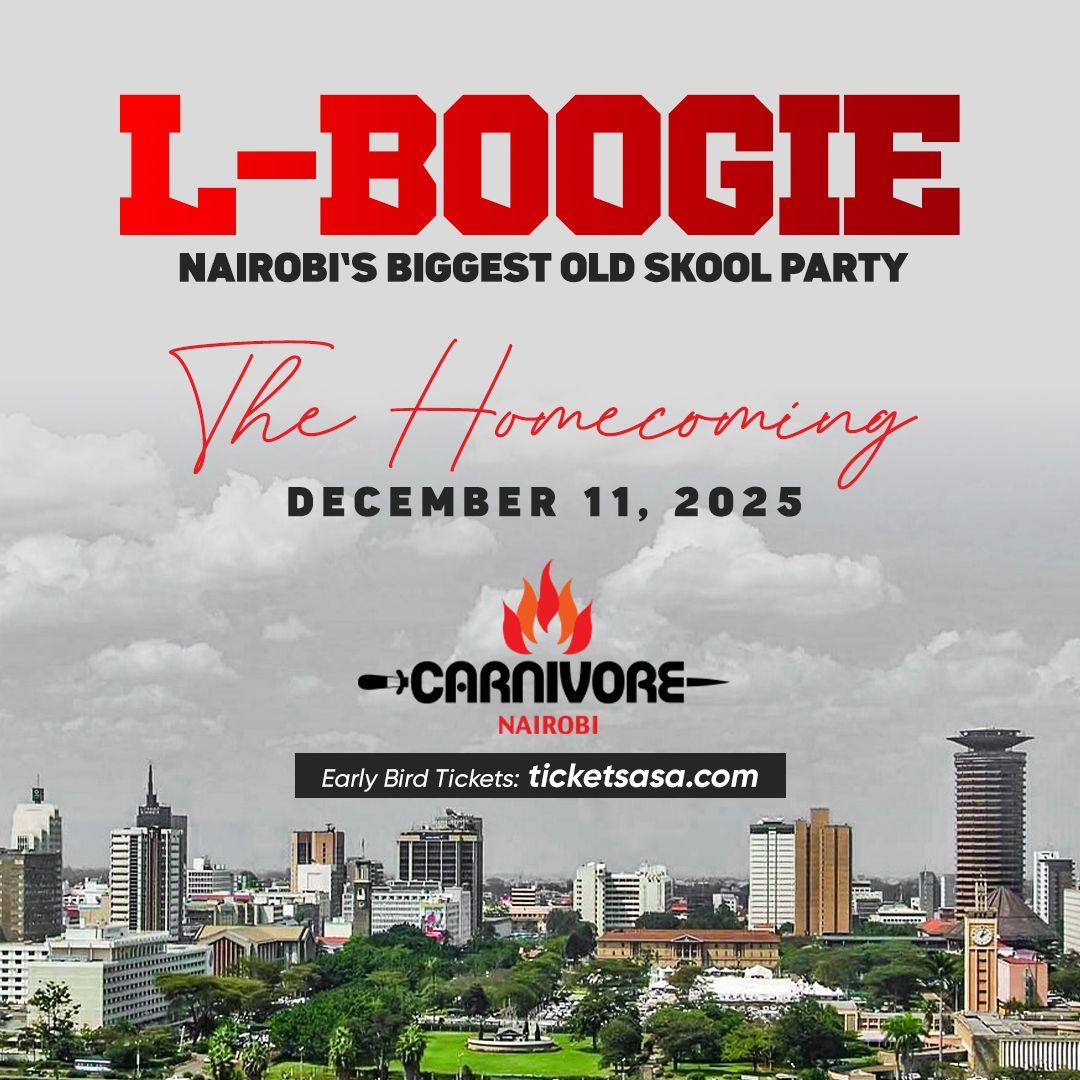



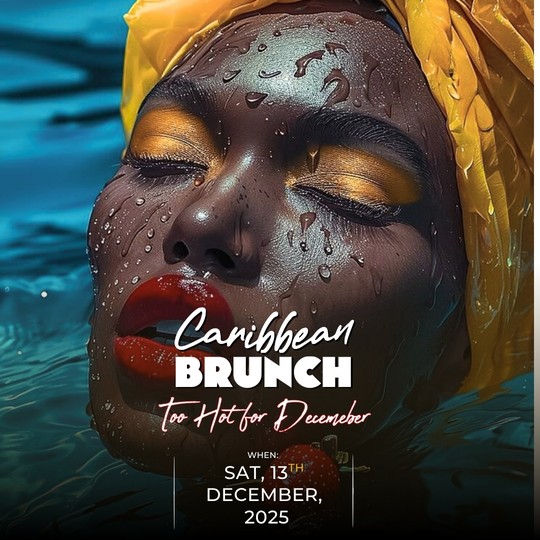

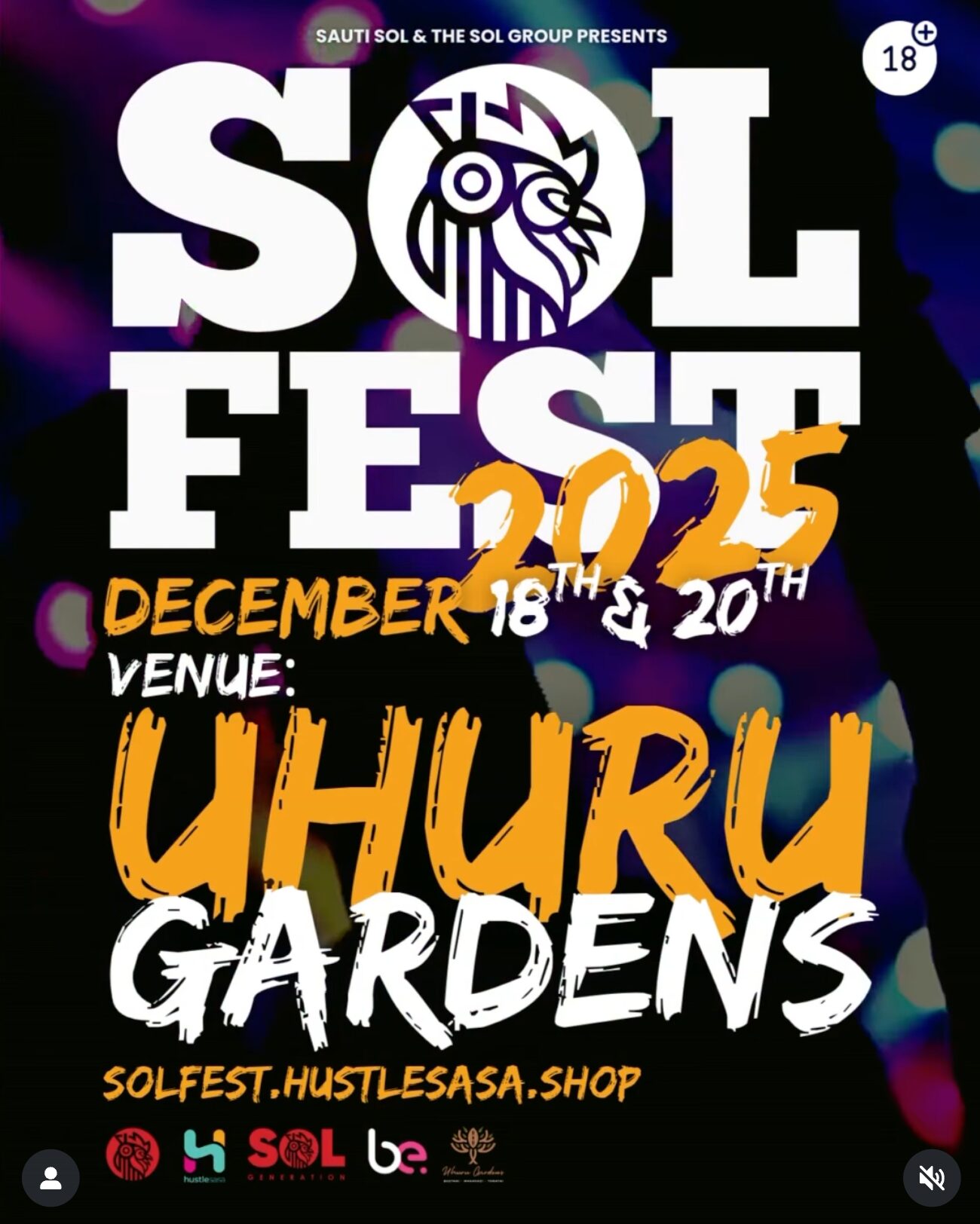
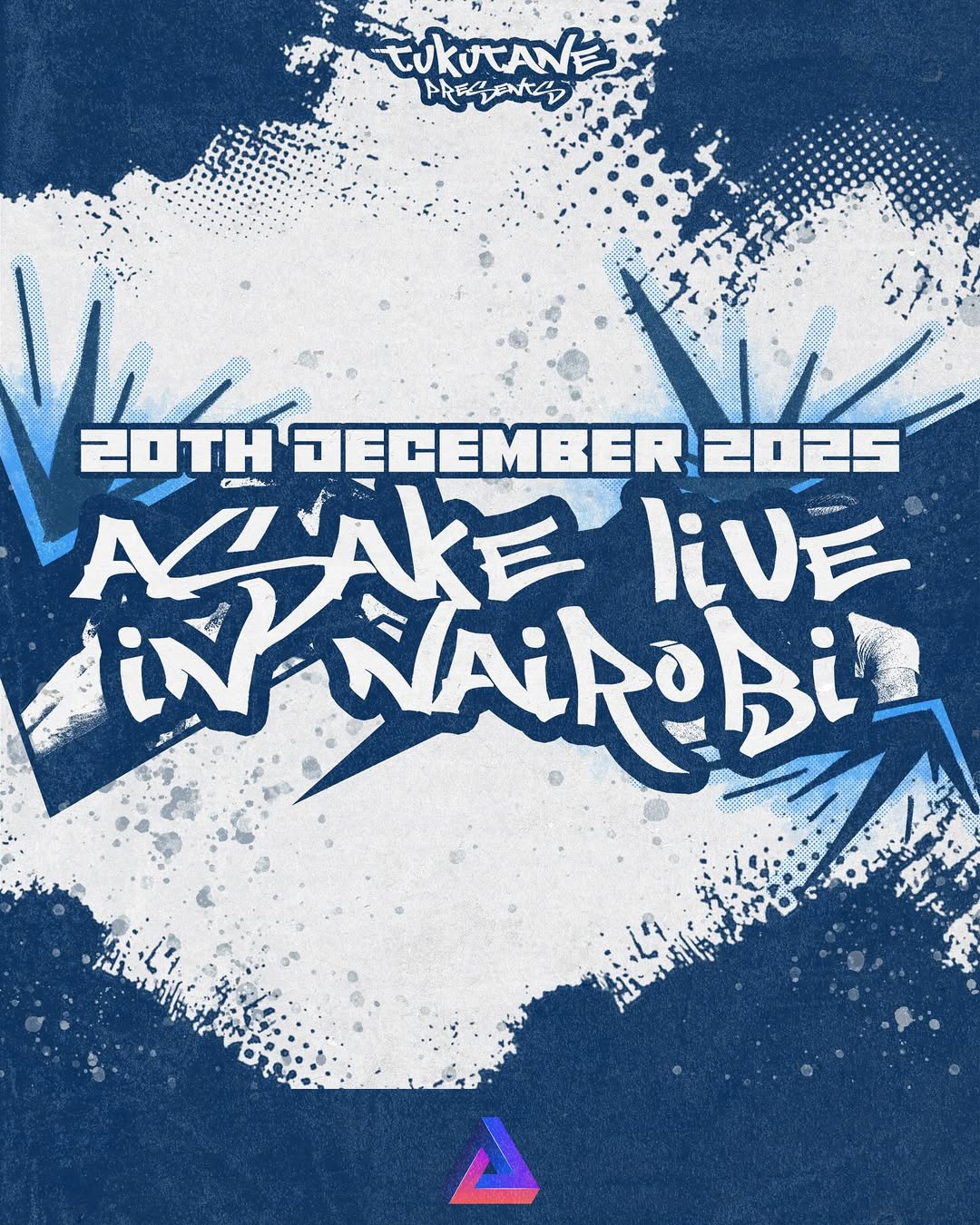
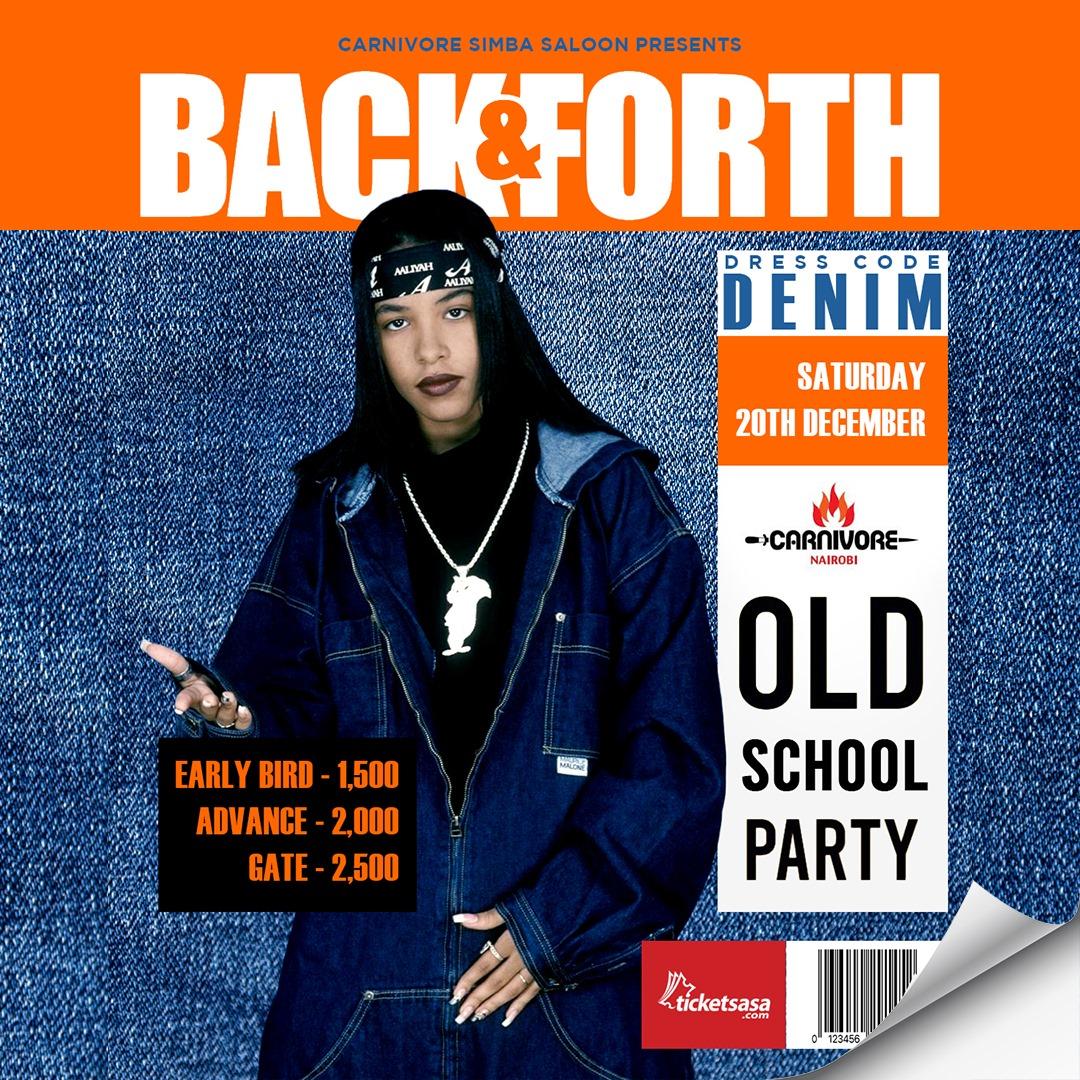




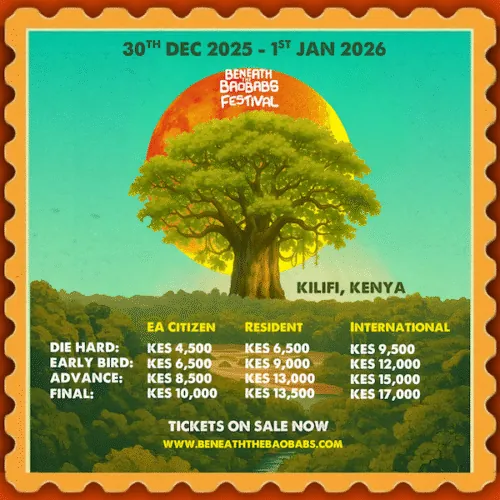

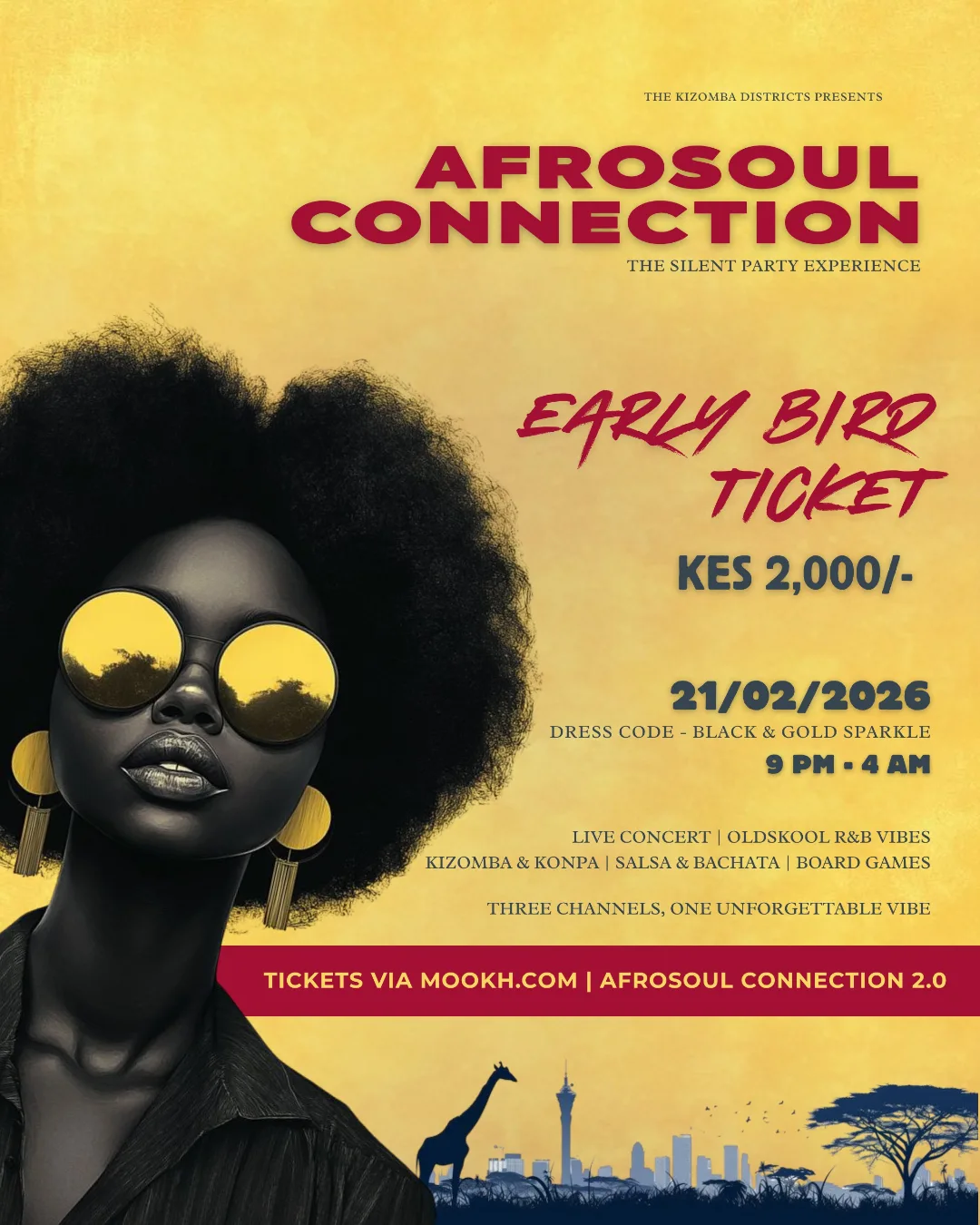
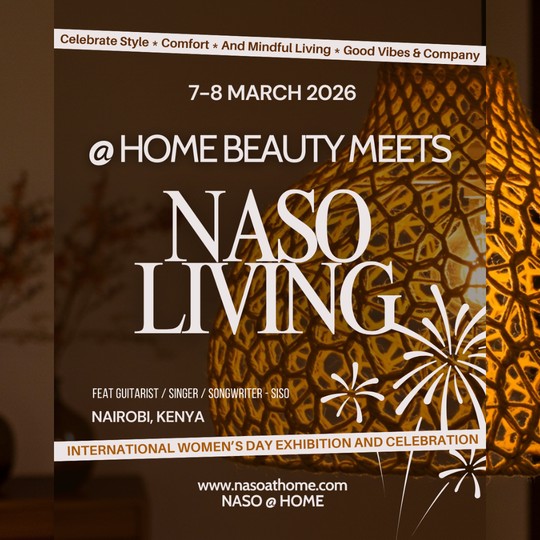



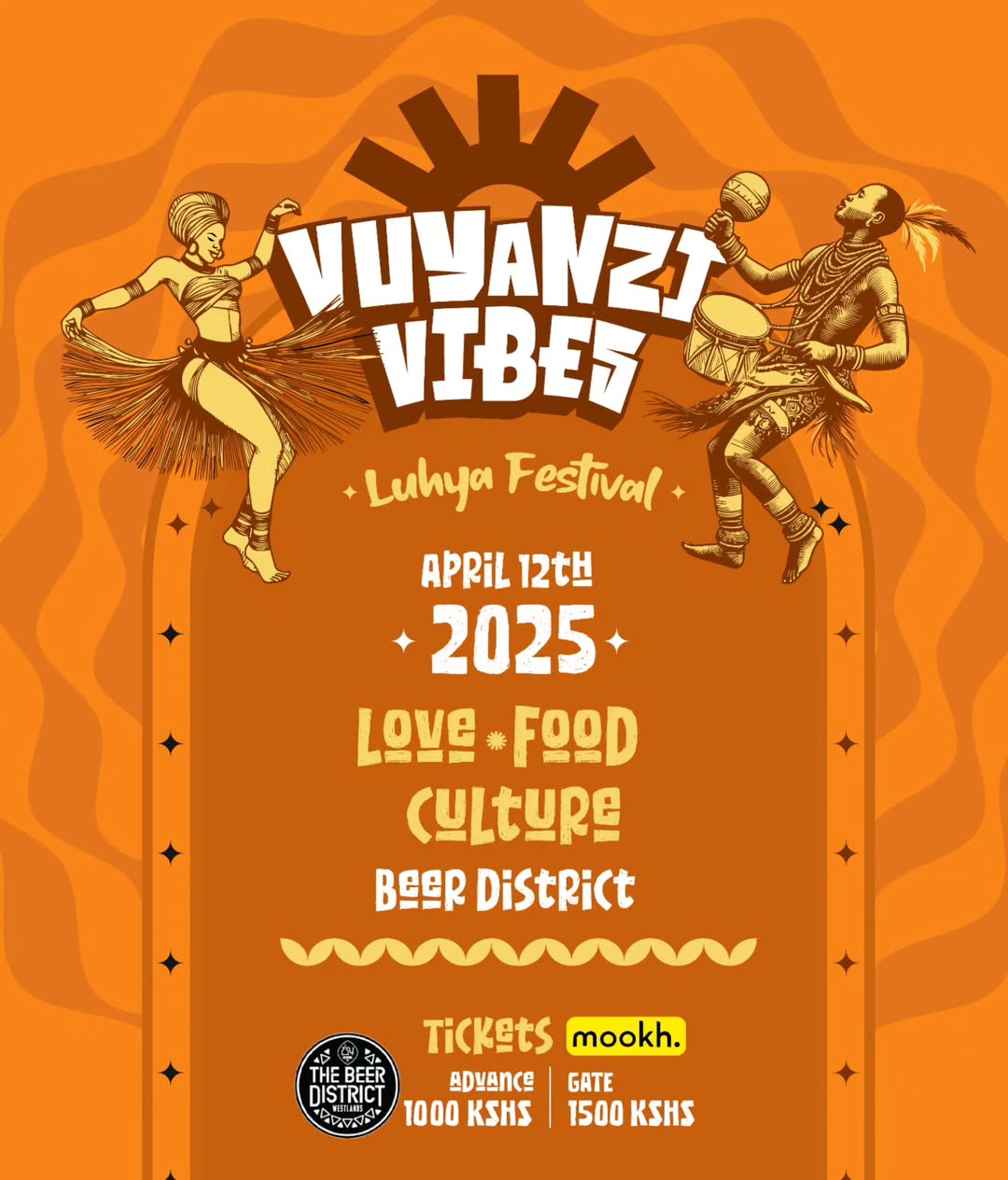
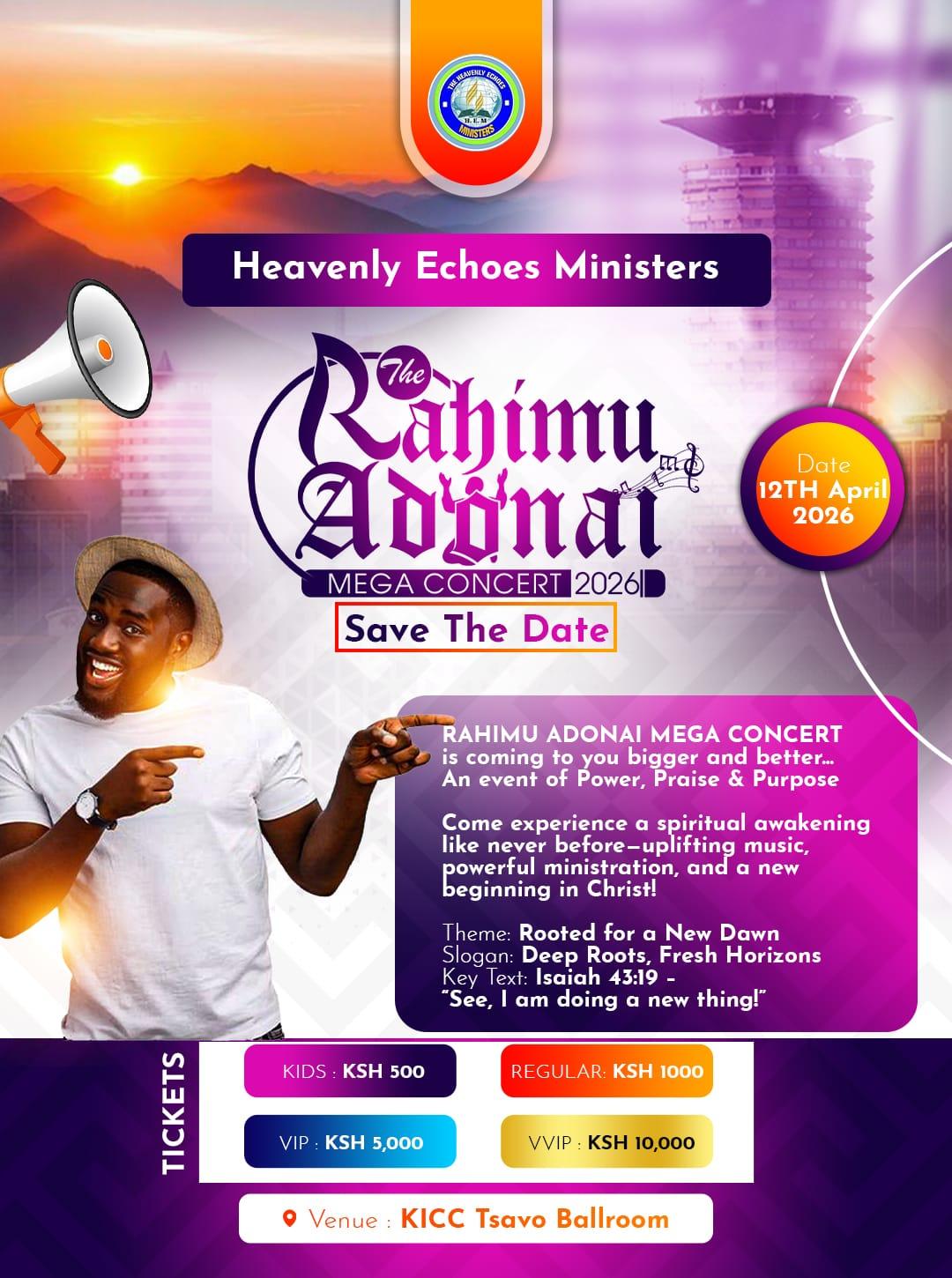


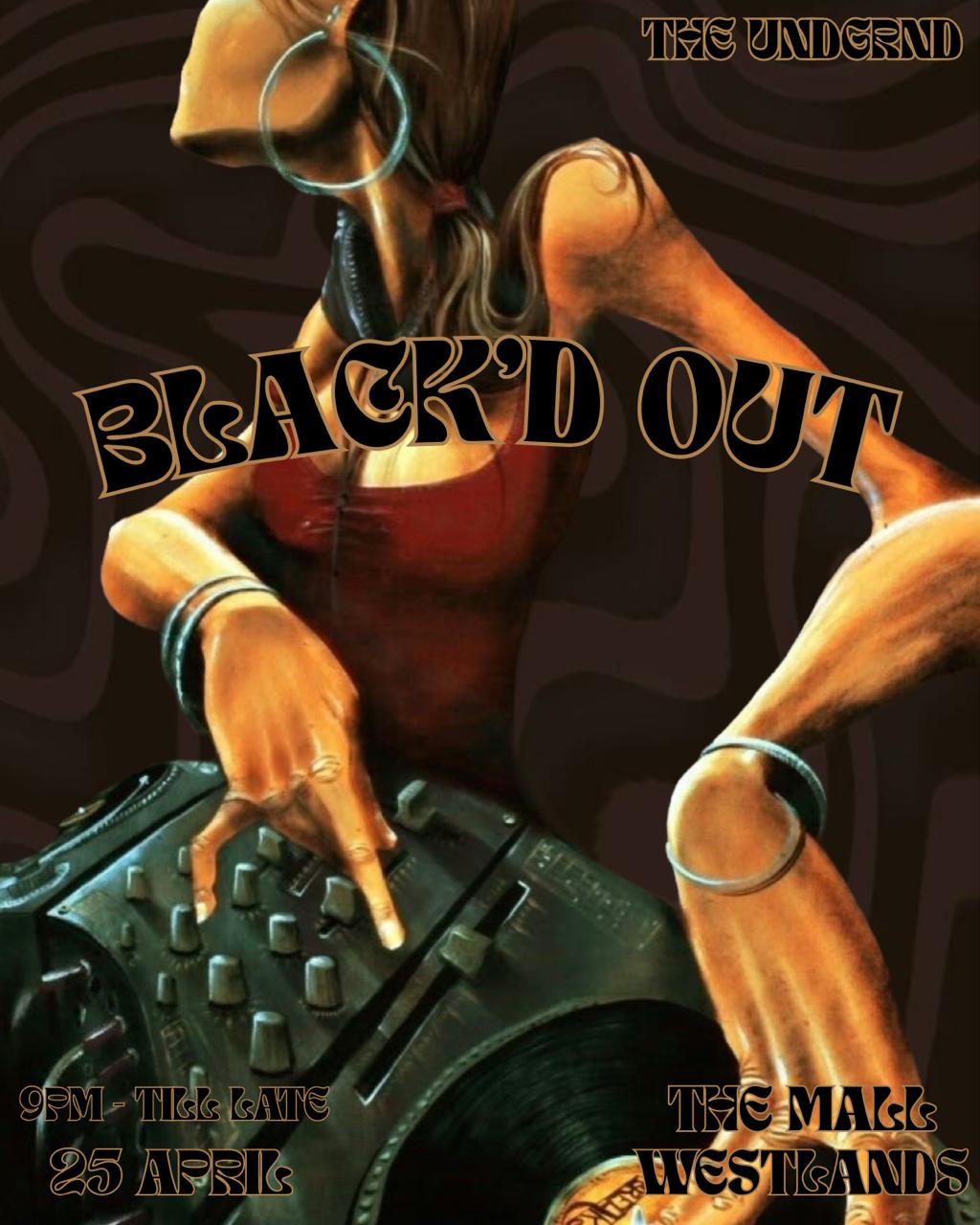
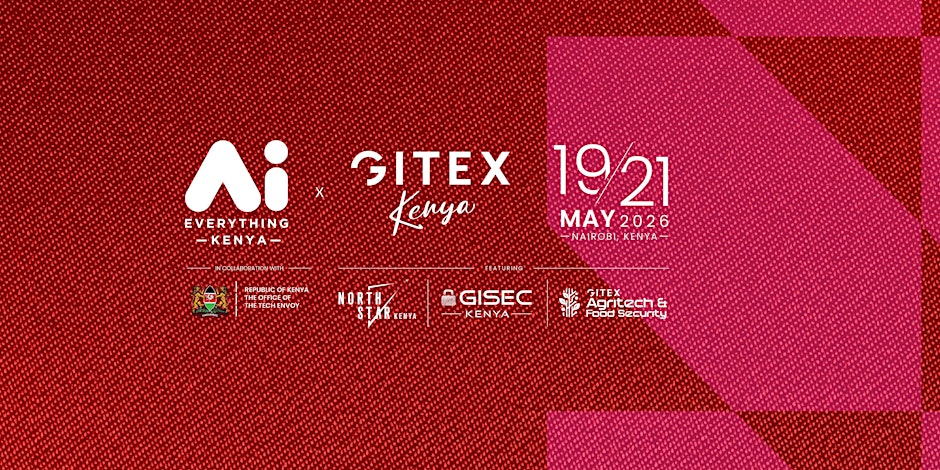
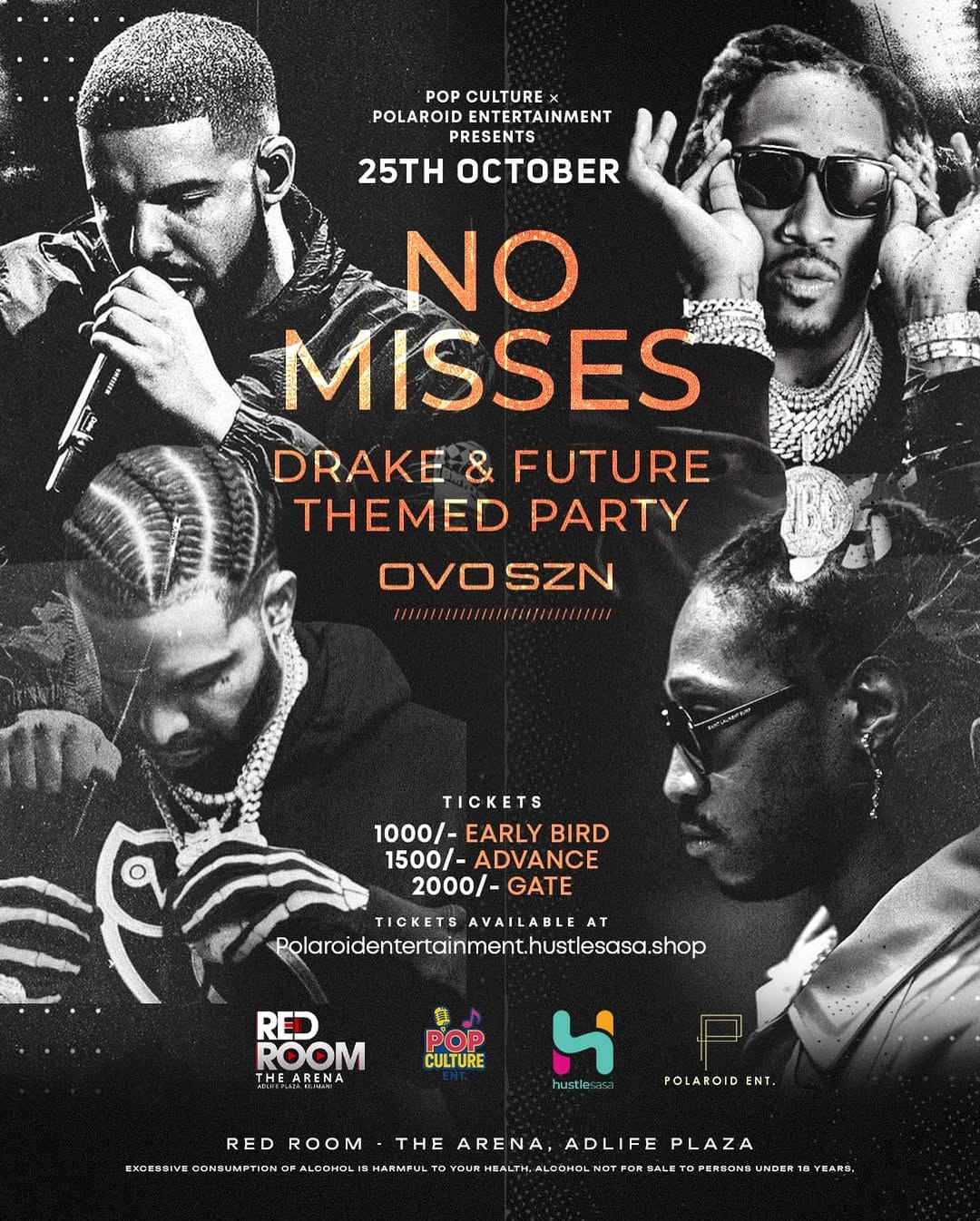

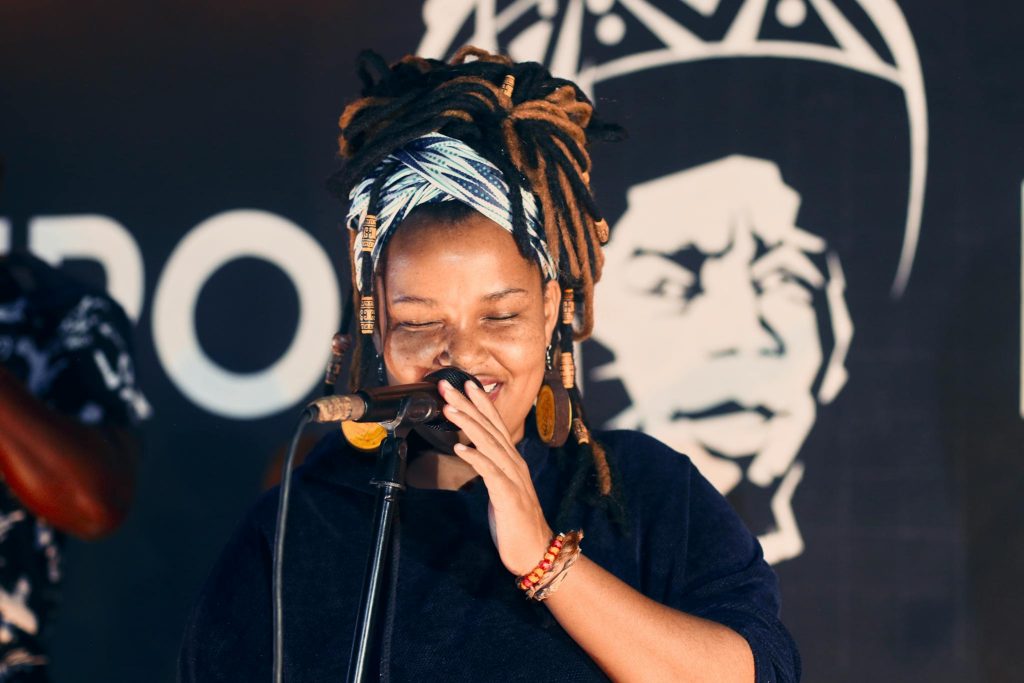

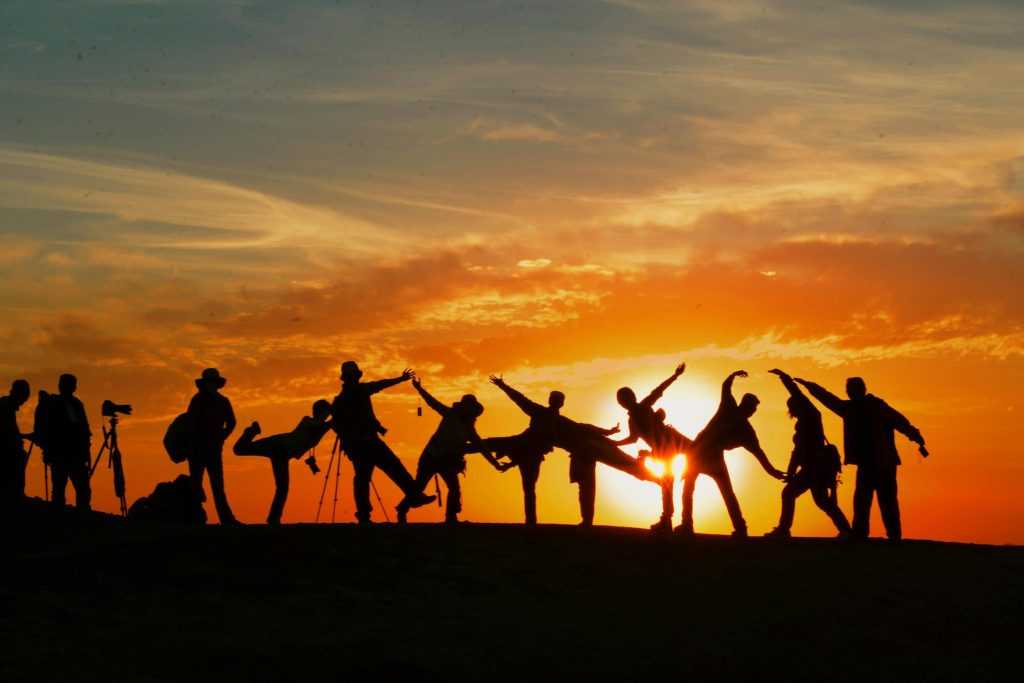



Leave a Reply